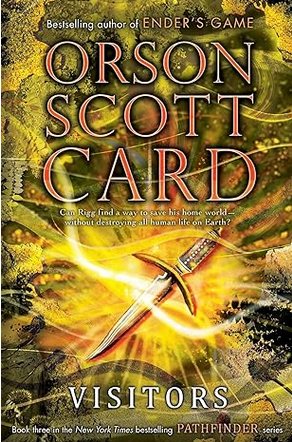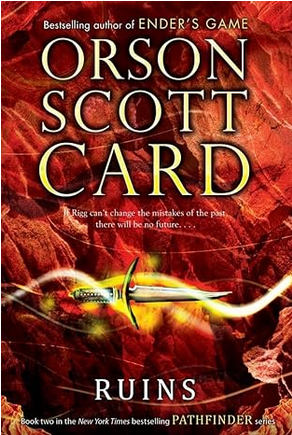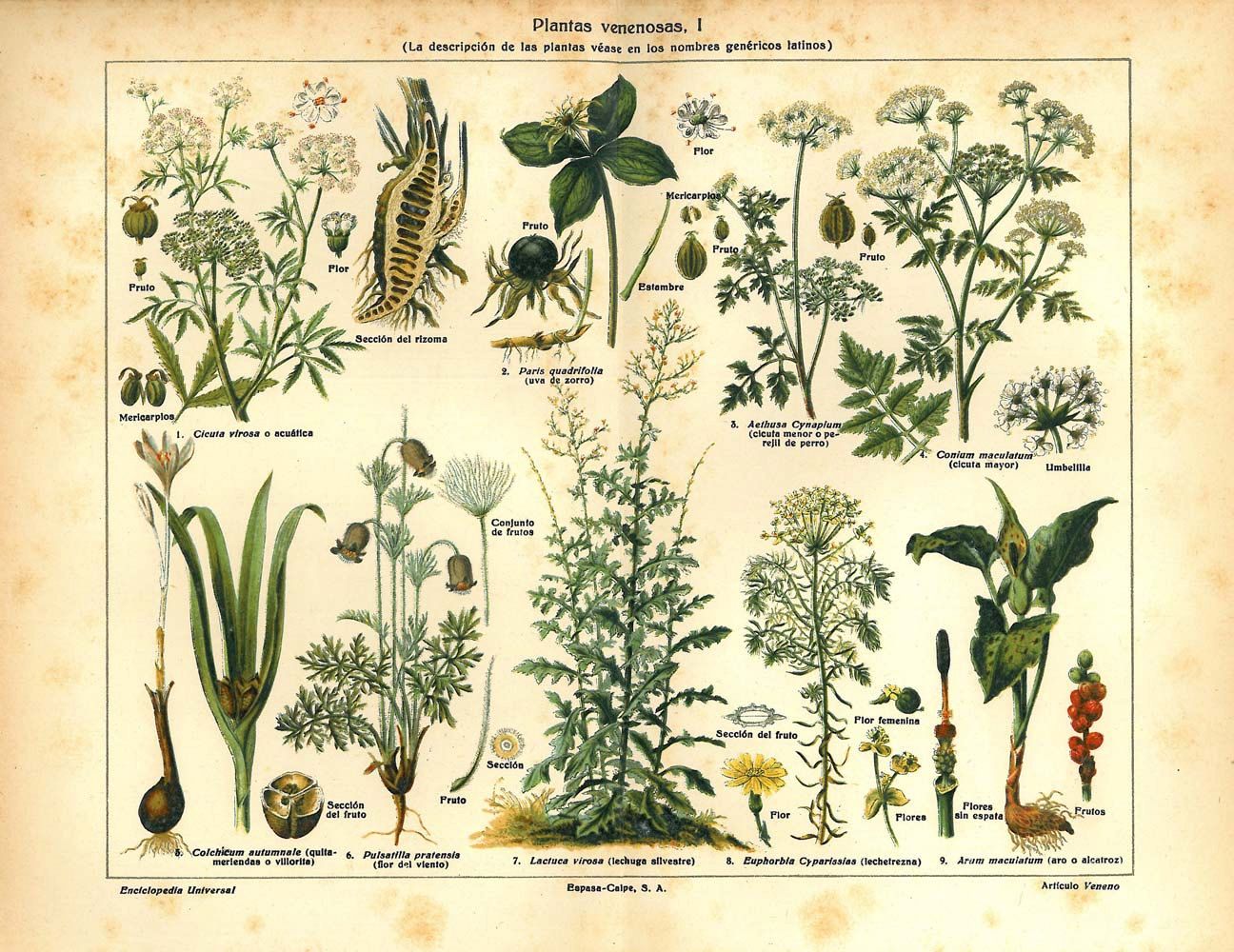
Anna Mock
Final Thoughts (and a link to ALL the photos)
I never have the courage to say these sort of things face to face – because I end up sounding dopey and awkward – but I wanted to leave some final thoughts about why I love botany and ecology so much. I don’t care for rocks a whole lot. I’m not terribly interested in space. I have close to zero interest in physics. Chemistry is awesome – inasmuch as I can use it to understand biology. (In fact, biology/botany blows my mind even more when I understand the chemistry working at the tiniest levels.) I love botany and ecology so much because I love life. My favorite biology textbook (yes, I have a favorite) is subtitled “The science of Life,” and although that’s accurate because that is what the book is about, I think it’s funny that the author cannot explain HOW life actually works. He can talk about all the mechanics and the materials (and the chemistry and the physics), but because he is coming at the topic solely from a scientific standpoint, he has to admit that he doesn’t know what LIFE really is.
And it’s because he’s coming at all wrong. Life isn’t just science. Life is a miracle. Life is all about God.
To me, every little mitochondria and leaf and bug and blossom and moss and forest and wetland and ecosystem is just a testament that God is gentle, practical, creative, loving, thoughtful, beautiful, simple, complex, orderly, patient, and full of love. All life on earth is a testament to me of His goodness and divinity and His love for all of His creations, and especially for all of His children.
Before this class started, Brother Williams and I came up with the following vision statement for our class. We listed all the big picture items we wanted to focus on and accomplish. This was our vision statement: Students in Wild by Nature will be able to classify, identify, and understand that basic functions and medicinal and culinary uses of a variety of plant life; begin to understand the interconnected and sophisticated design of the natural world around them; and feel comfortable in, knowledgeable about, and find joy, peace, and adventure out-of-doors surrounded by God’s creations. I think we did a pretty good job of accomplishing those goals in class. But truthfully, there is no way we can know if we’ve accomplished that last part. I do hope you are comfortable out in God’s creations. I hope they bring you joy, peace, and even excite a bit of adventure inside you. I hope you know that God created this earth for you and filled it with beauty and wonder and life because He loves you. I know that He loves all His creations, from Pando, the biggest Aspen “tree,” to the smallest little protists and amoebas. He finds joy in creating, and I know He definitely notices and appreciates when we stop to humbly admire His glorious handiwork and praise Him through our humble acknowledgment that He is the Great Creator of Heaven and Earth.
I really do love botany and ecology and LIFE because it reminds me of how much I love God and He loves me. I truly hope you feel that as well.
(And please know that your Wild by Nature mentors sure do think the world of you, too!)
PS. Here is a link to a google drive folder with ALMOST all the photos I took this year. I left out the super junky photos and a bunch of duplicates. You should be able to download any photos from this file that you’d like. Sorry they aren’t all labeled. I’m awesome, but not THAT awesome.
Anna Mock
Homework for 4/18 – Yarrow, Plants that Feel and Hear, and Gearing up for the GSL
Calendar Items:
April 18th – Guest Speaker on the ecology of the Great Salt Lake. IF YOU HAVE THINGS TO TURN IN, JUST TURN THEM IN ALREADY! 🙂
April 20th – Saturday – OPTIONAL all day field trip to Antelope Island – Please READ the info on the sign up sheet for more info. LINK HERE.
April 25th – FINAL TEST – in class field trip where you get to show what you know
Homework items:
READ 10 Essential Herbs chapter 11 on chaparral – pages 271-297. I’ve got a TON of yarrow in my yard ready to harvest, so I’ll bring you a bunch.
READ What a Plant Knows, the chapters on feeling and hearing. In my book, those are chapters 3 and 4 and start with page 49 and ends on page 89. If you have the extra chapter about plants tasting, then your chapter numbers and page numbers will be different. Be prepared to narrate at least part of each chapter to me. (Narrate in this instance essentially means tell back to me what you remember from the reading, but in your own words. You’ll have a chance to build on others’ narrations and have others build off your own narration.)
TURN IN your Reaction Papers and Nature Journals if you haven’t already. TALK TO ME IF YOU NEED AN EXTENSION.
PERUSE the following websites…
https://greatsaltlake.utah.gov/
https://greatsaltlake.utah.gov/current-conditions
https://water.utah.gov/gsl-basin-integrated-plan/
https://greatsaltlake.utah.gov/commissioner
Photos from Dry Creek Canyon (last week’s in-class field trip)
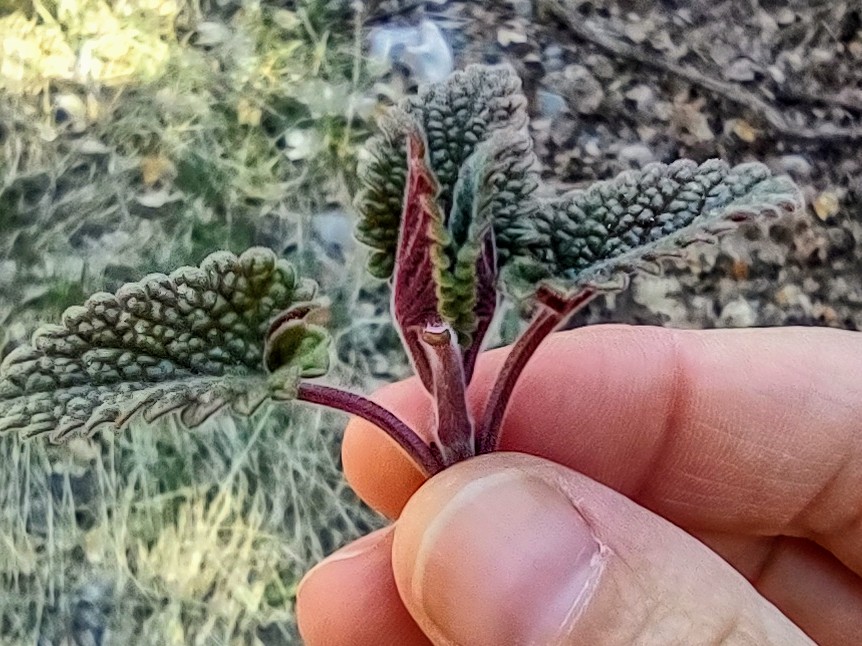
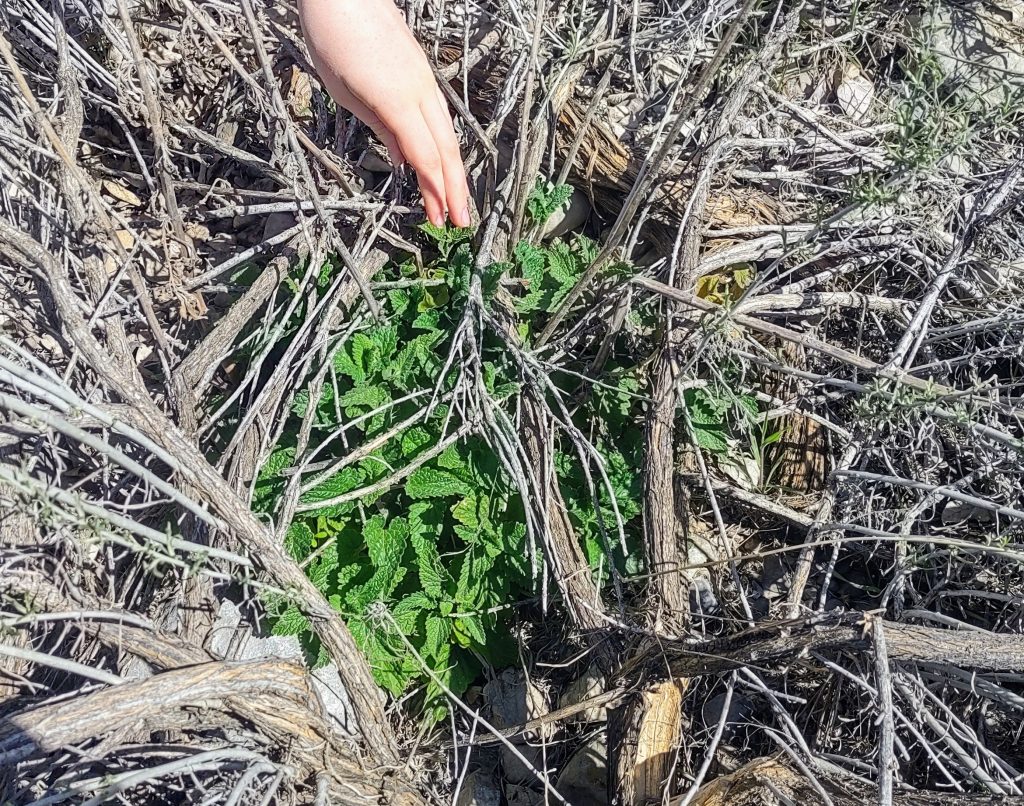

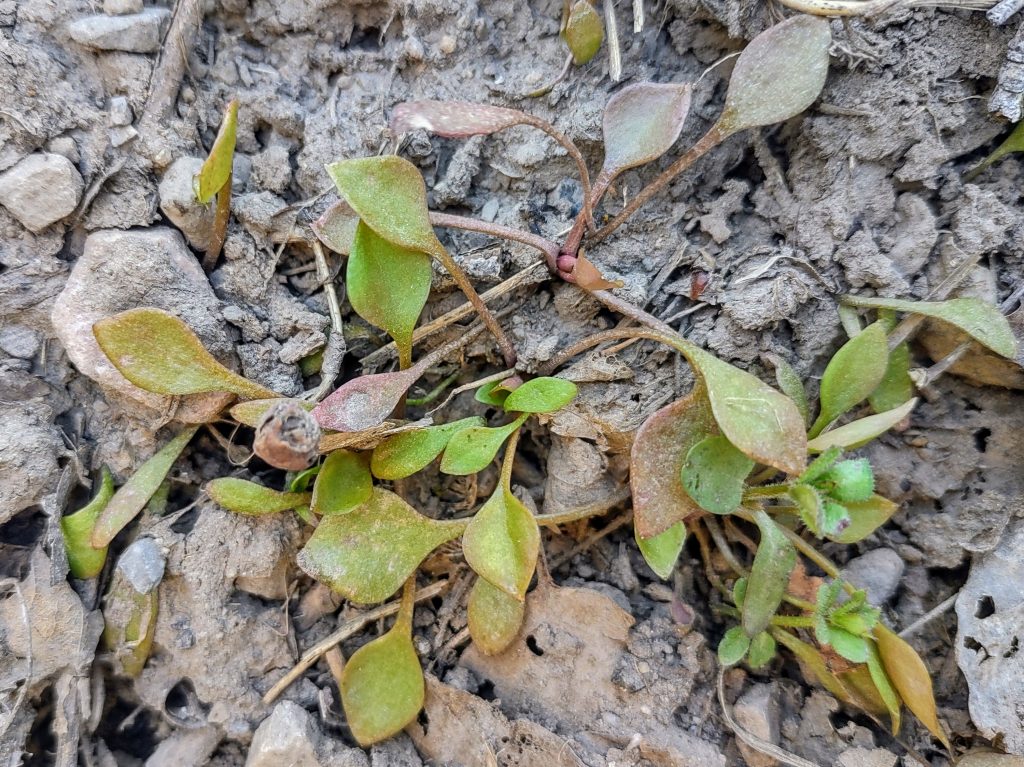
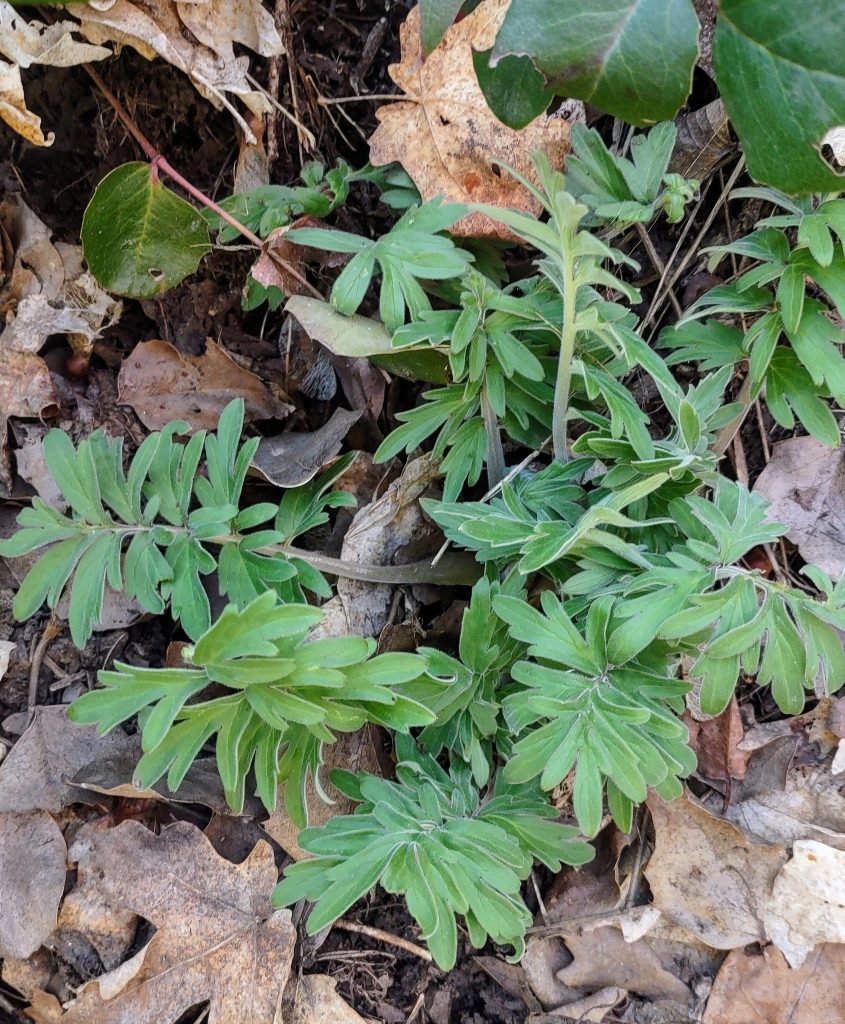
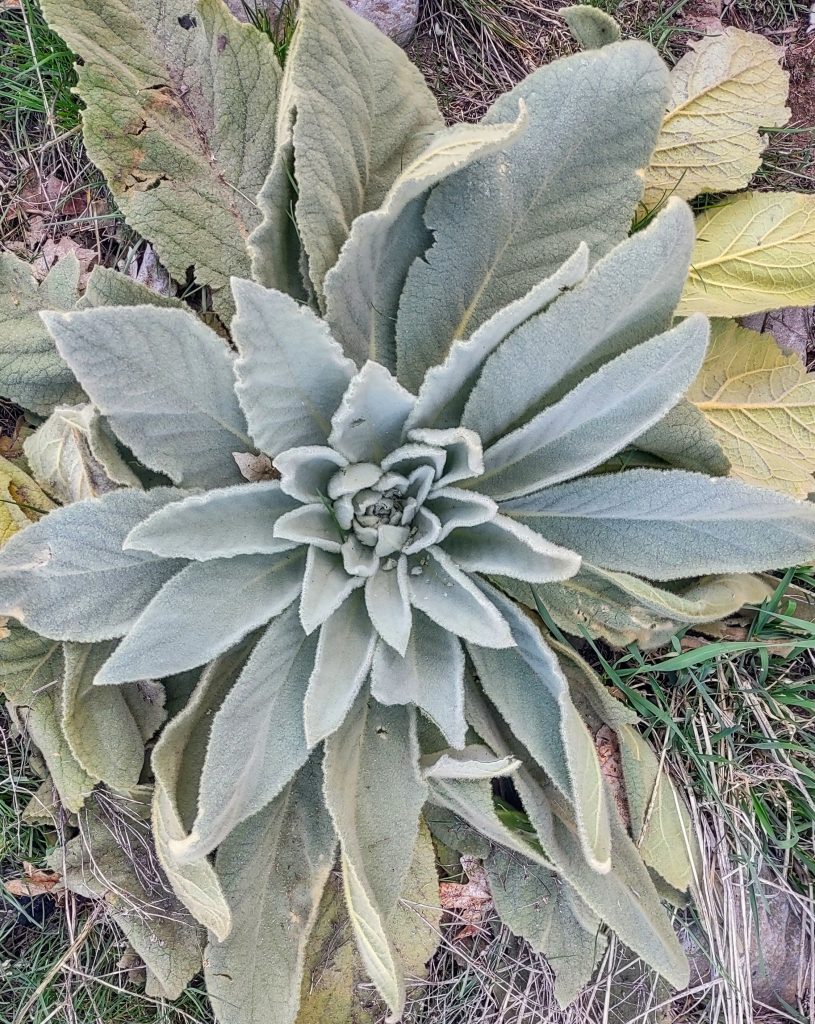
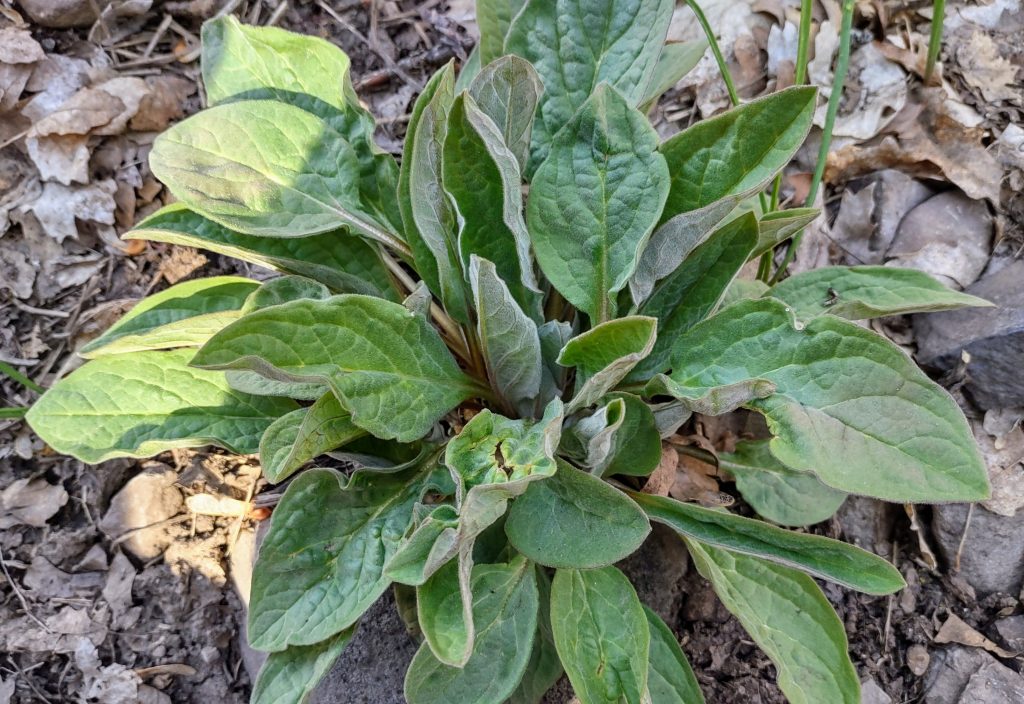
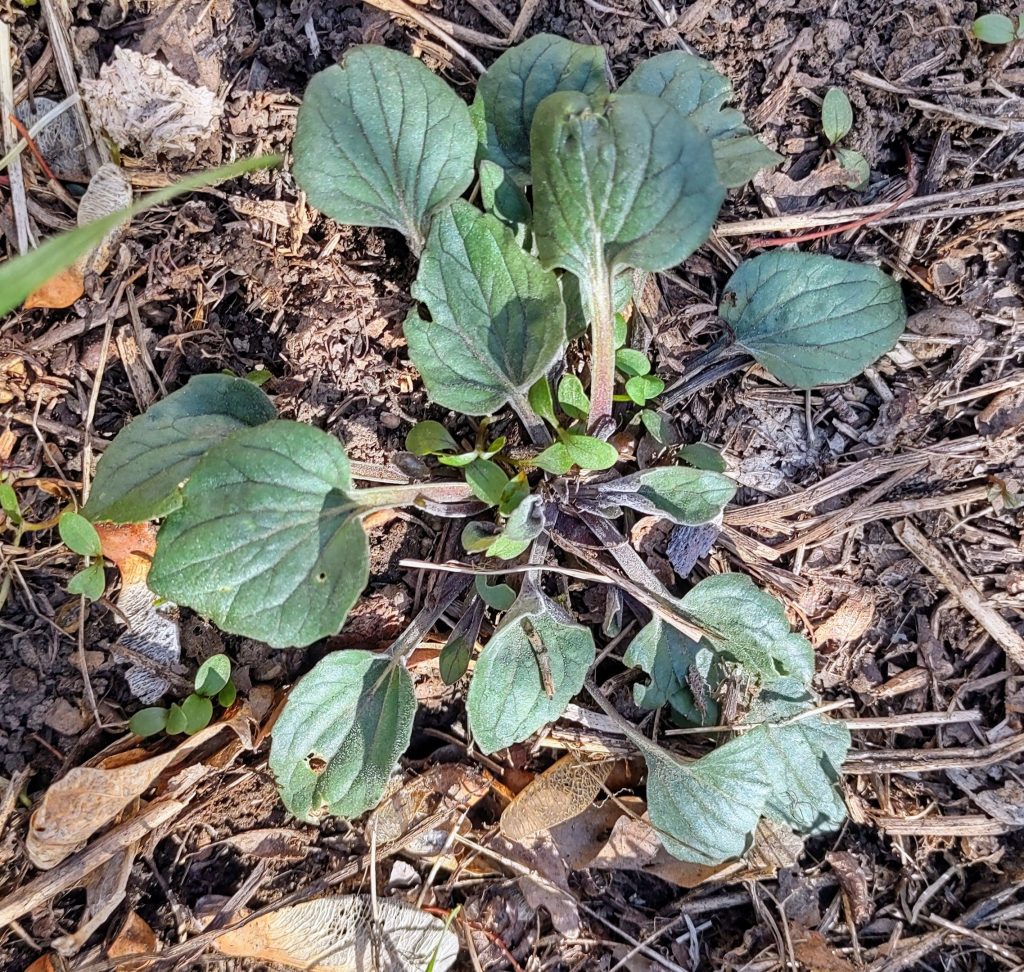
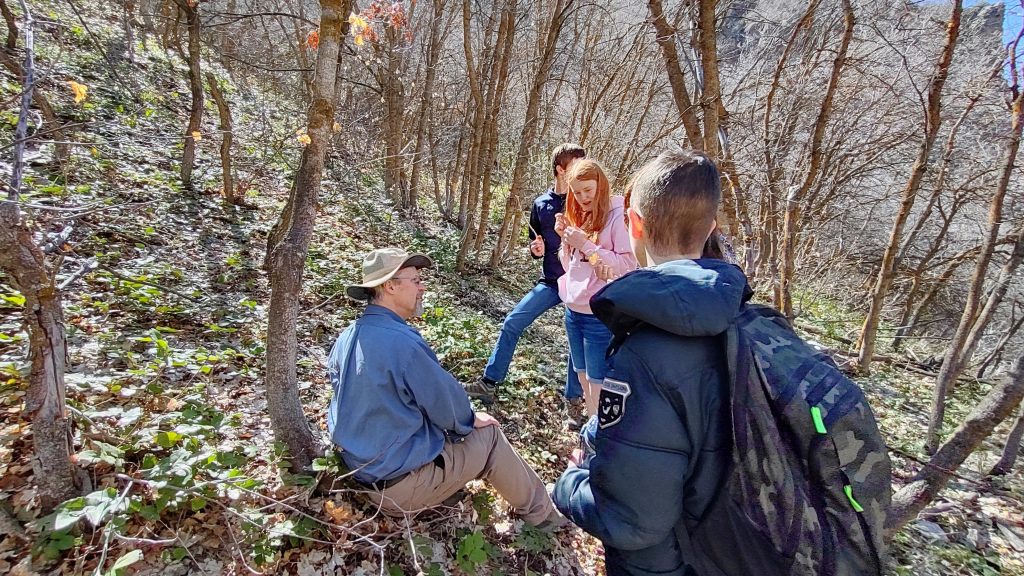
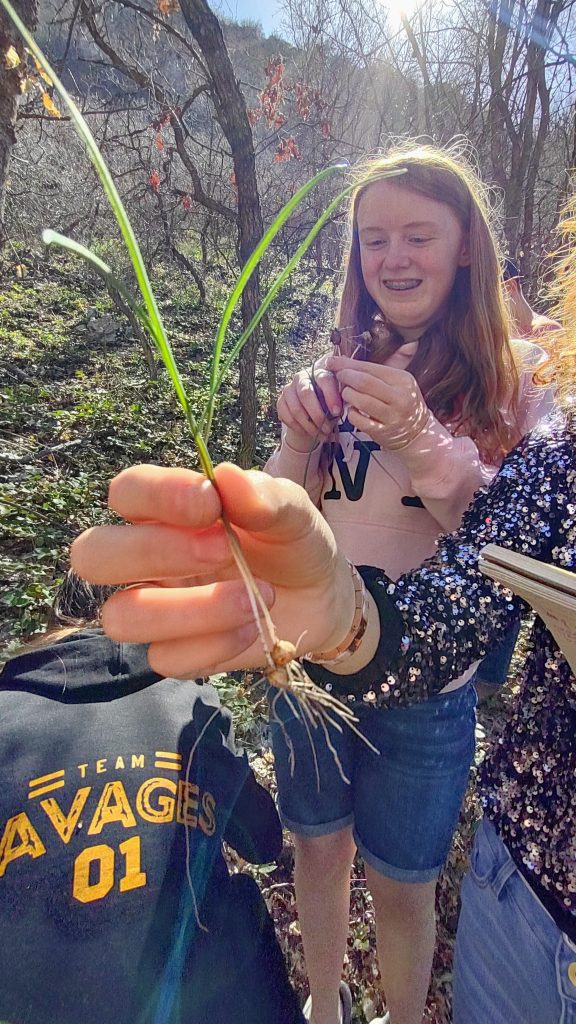
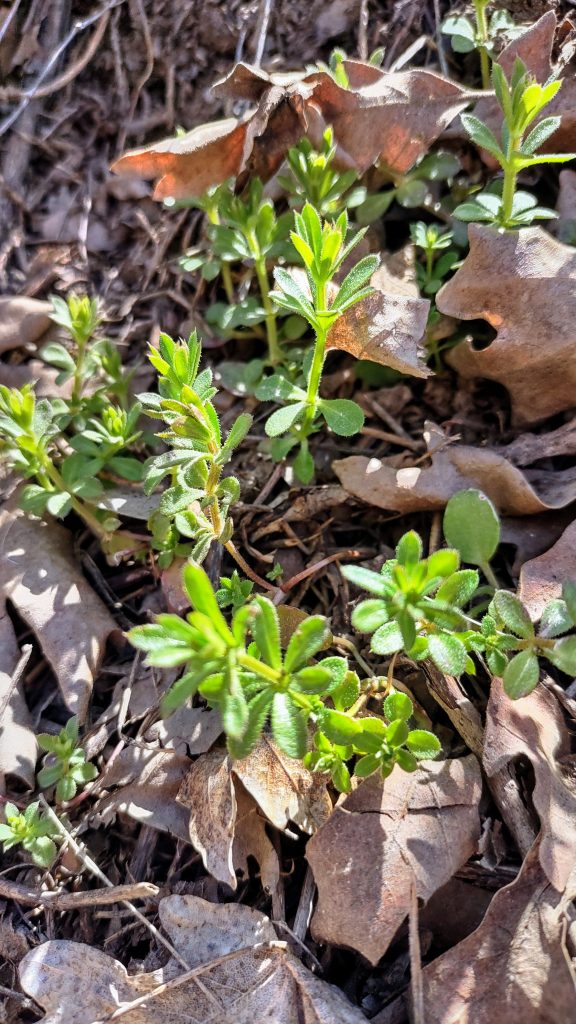
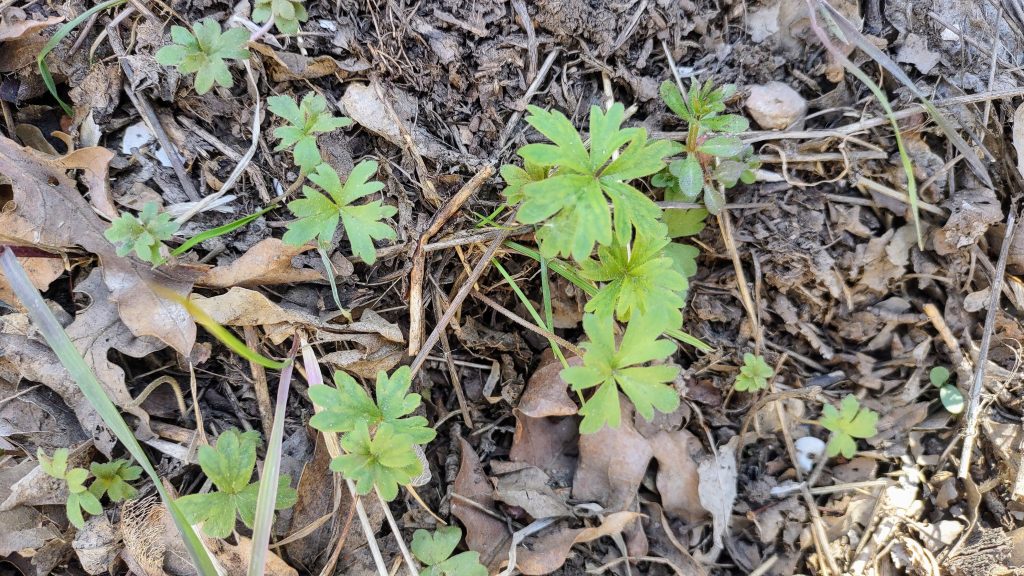
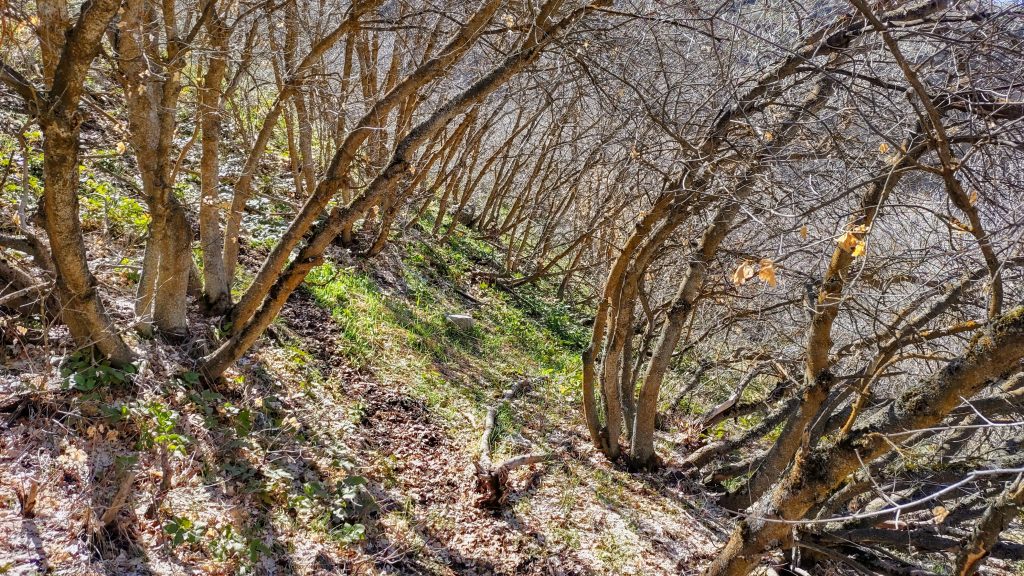
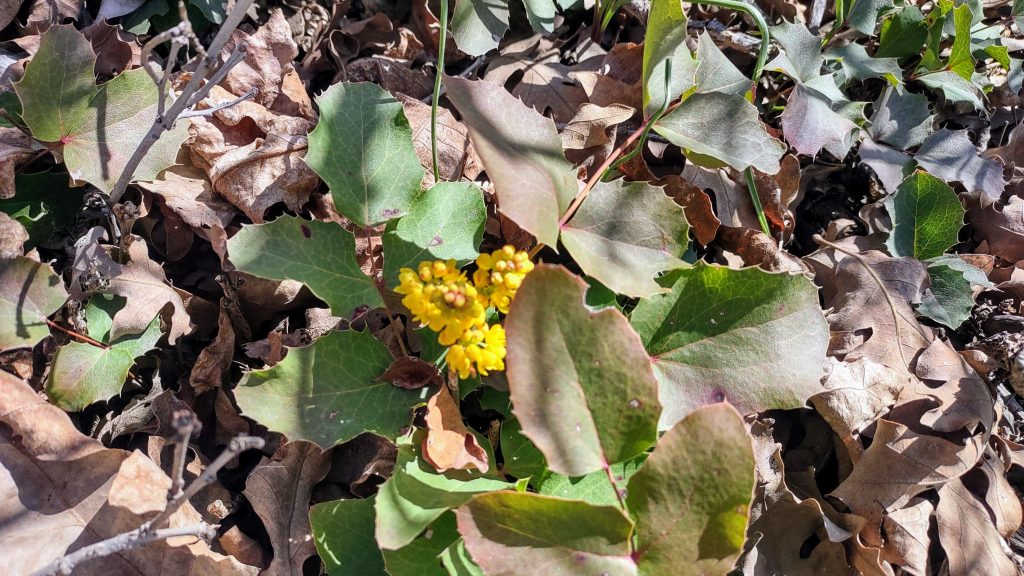
Prepare to be amazed…
And one last thing…
Game night was really fun!
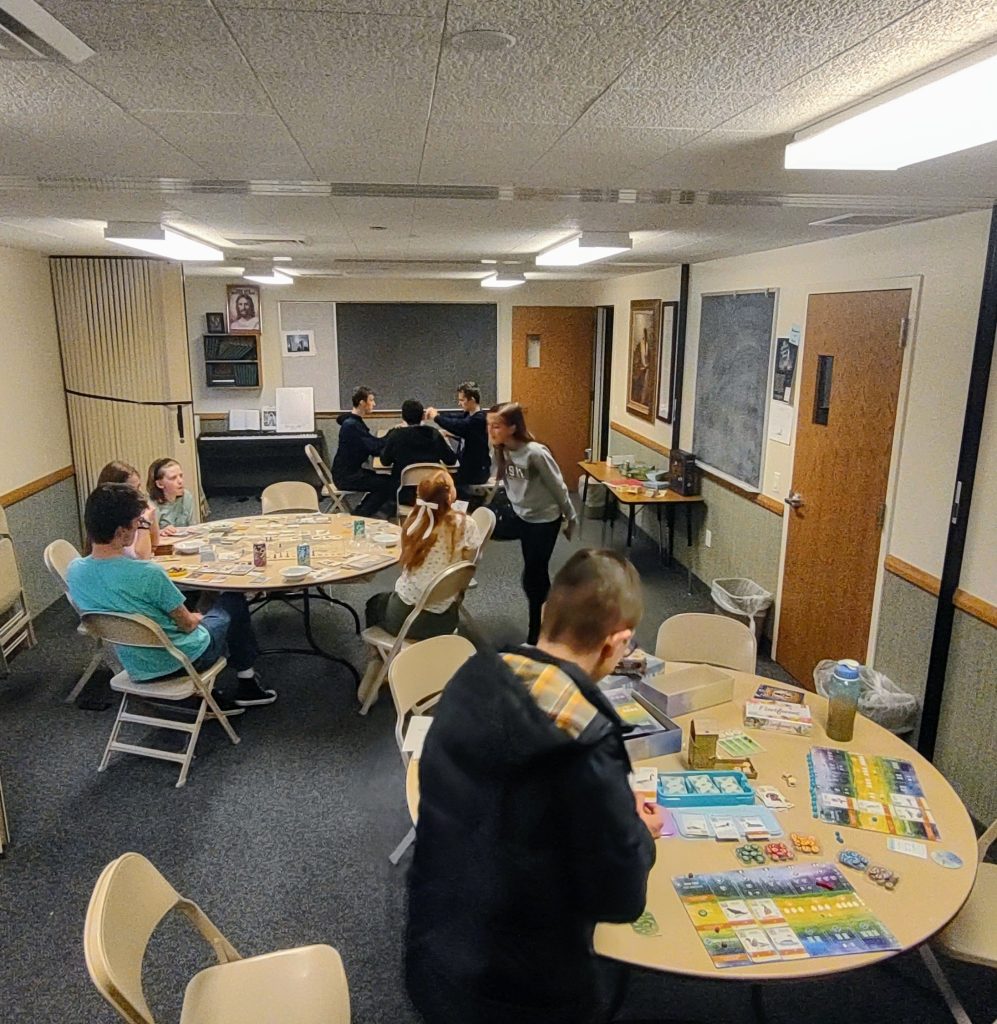
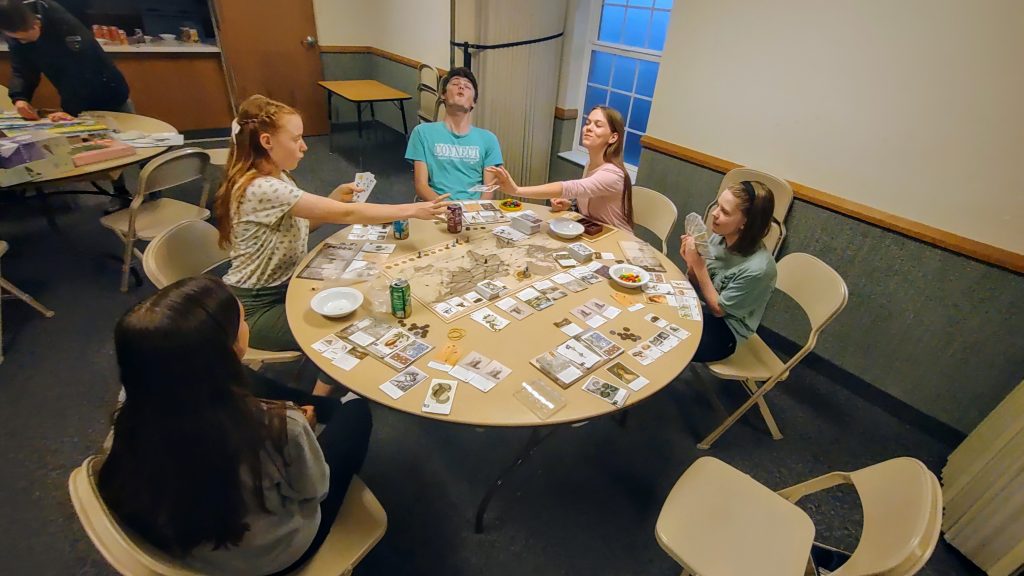
Anna Mock
Lower Hobble Creek Wildlife Preservation Area In-Class Field Trip Recap
It was fun (and cold) to visit lower hobble creek again. We went last fall and talked about grasses, rushes, sedges, etc. This time we spent most of our time inside clouds of cattail seeds and forests of phragmites. Also, we enjoyed the purple mustard and mint. And some of us enjoyed the Heron’s Bill, although that one is still not my favorite. Enjoy the photos – Feel free to use any of them for your nature journals.
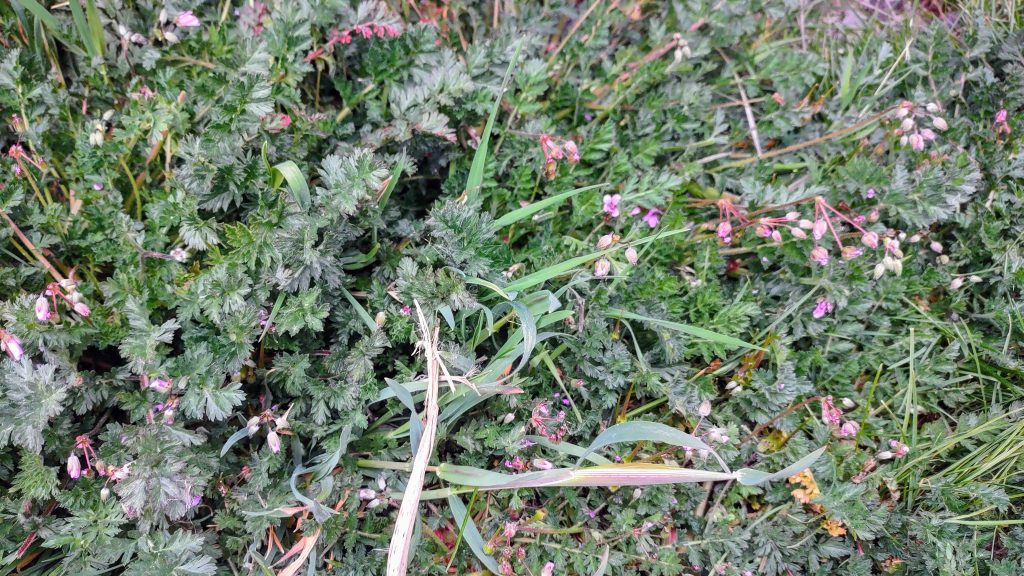
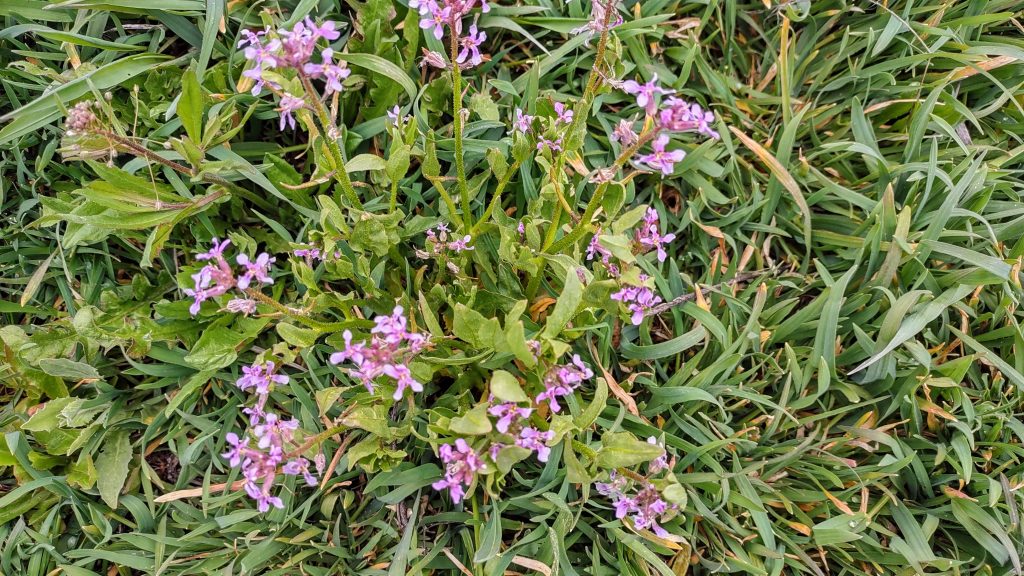
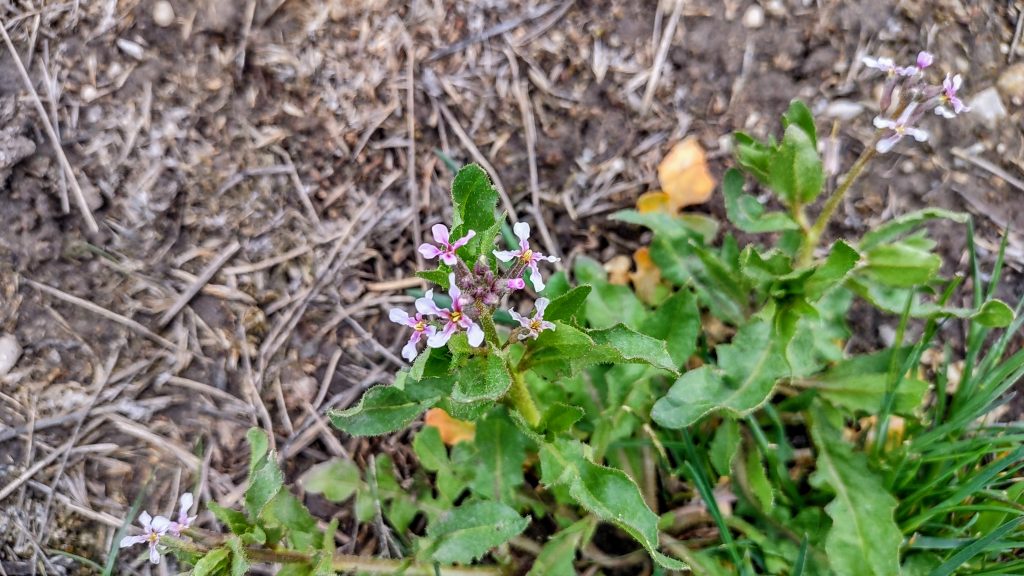
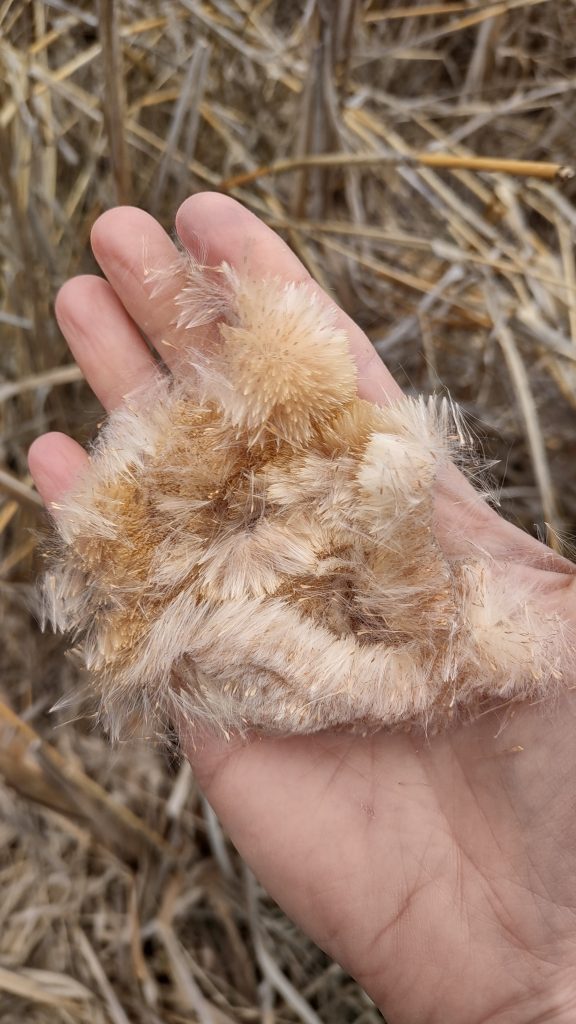
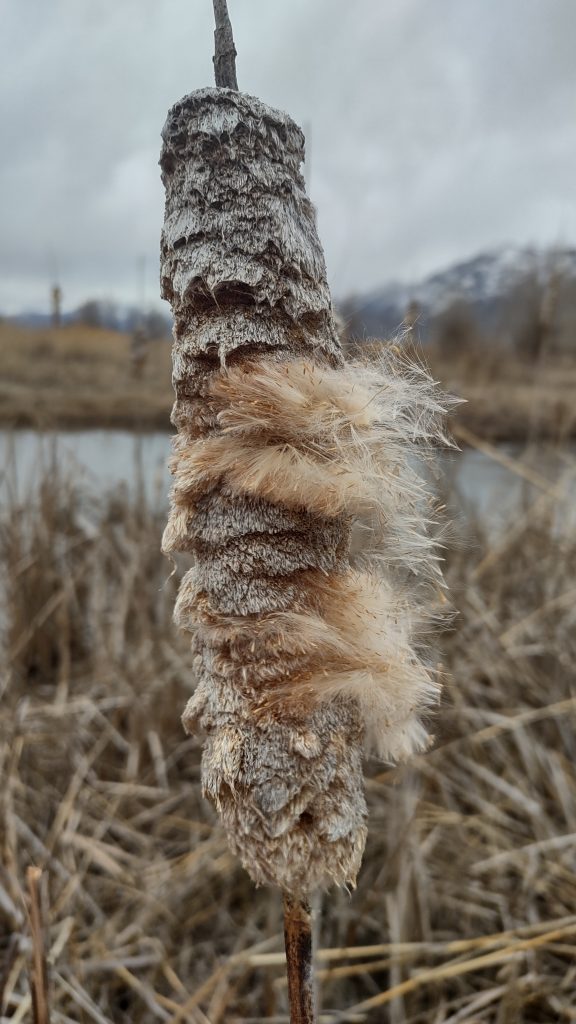
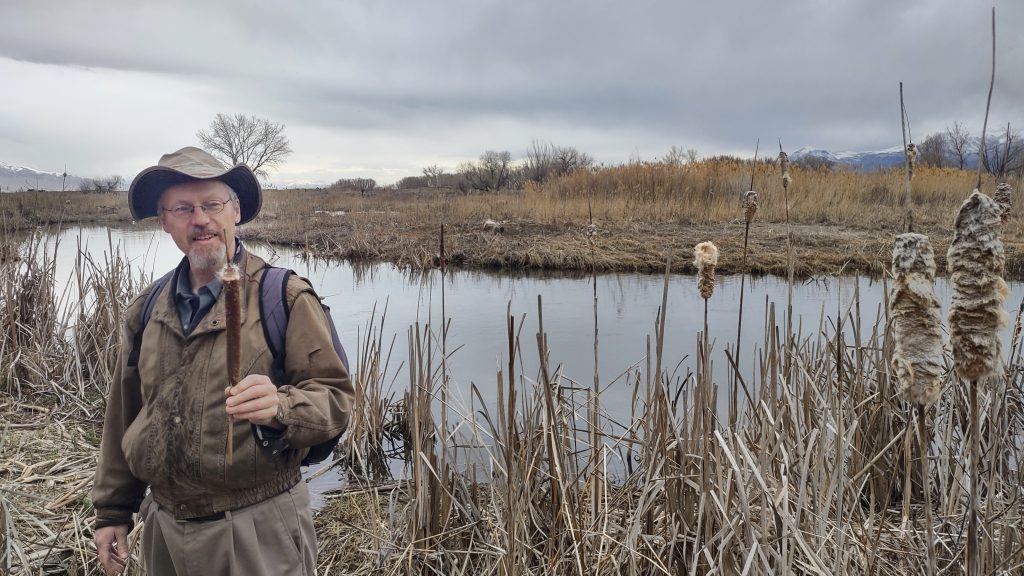
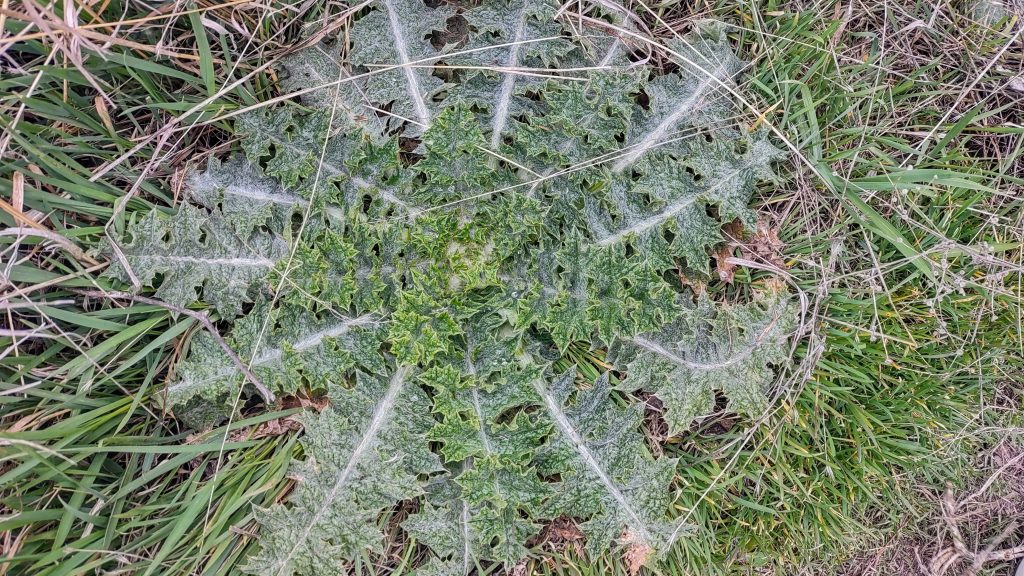
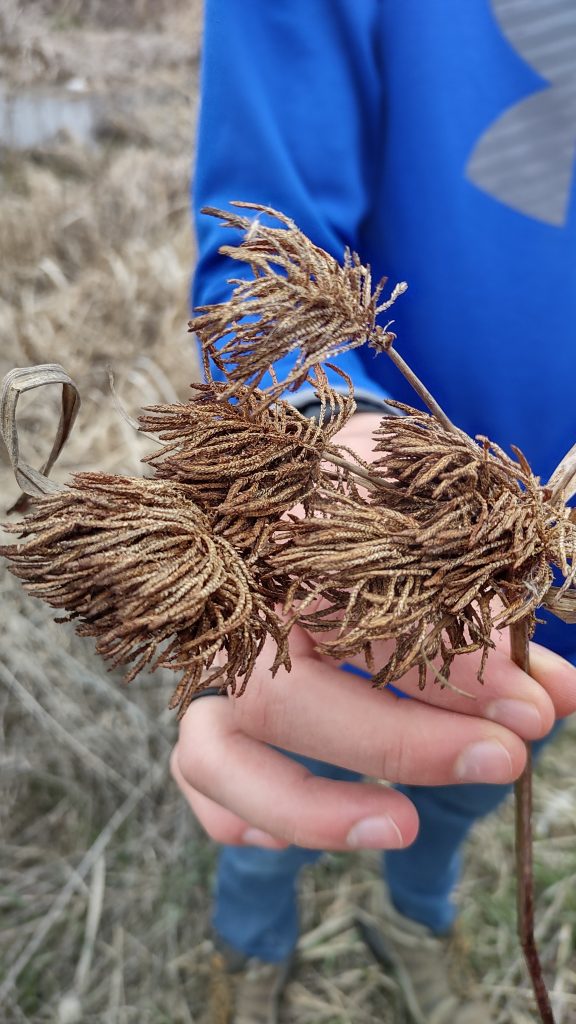
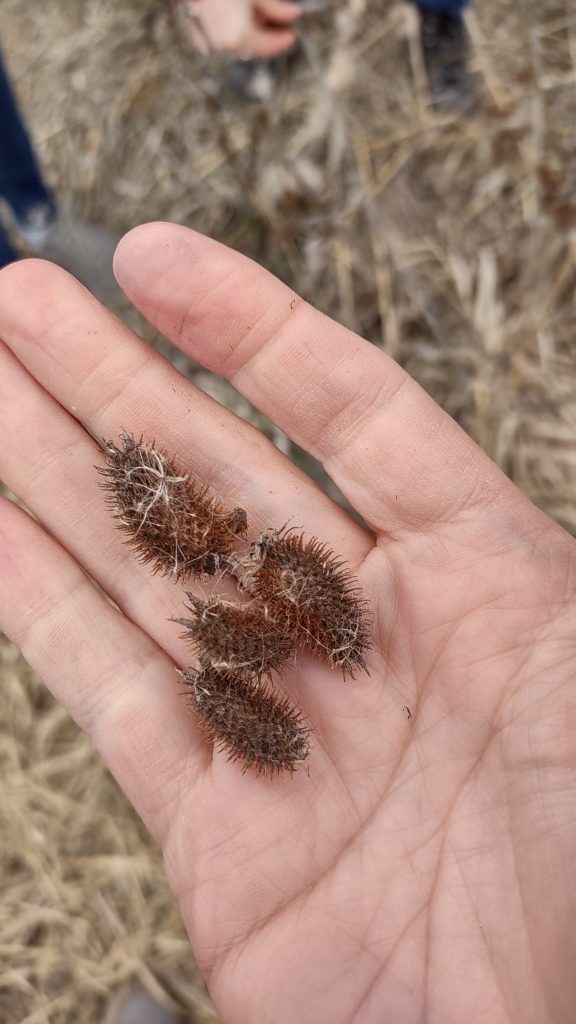
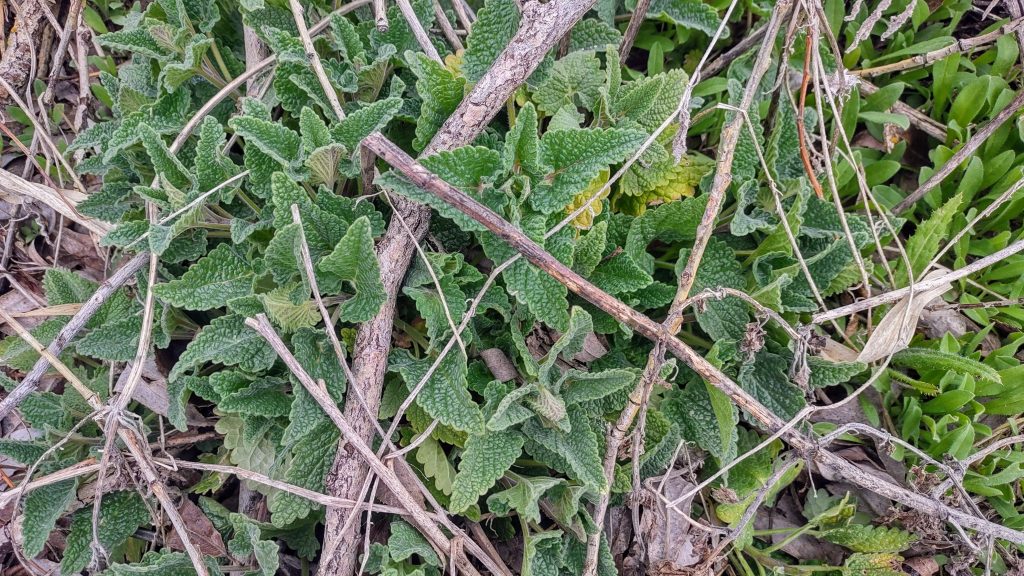
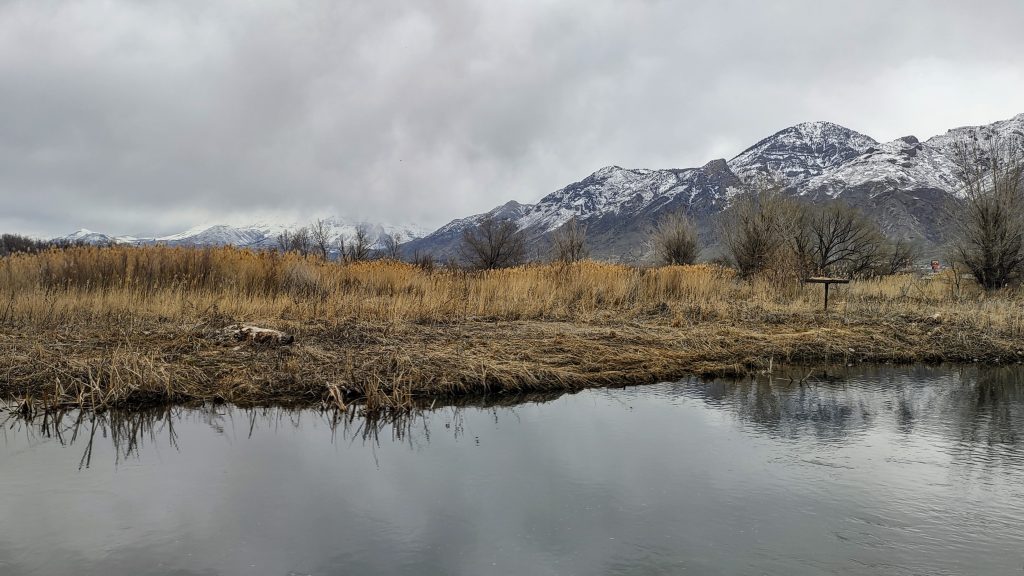
Anna Mock
Homework for 4/11 – Chaparral and Plants that Feel
Calendar Items:
UPCOMING EVENTS: Just because it’s nice to know, here is what I’ve got planned. (All plans are subject to change, of course.)
April 11th – LAST REACTION PAPERS DUE – BRING YOUR COMPLETED NATURE JOURNAL – also, an in class field trip.
April 18th – Guest Speaker on the ecology of the Great Salt Lake
April 20th – Saturday – OPTIONAL all day field trip to Antelope Island
April 25th – FINAL TEST – in class field trip where you get to show what you know
Homework items:
READ 10 Essential Herbs chapter 3 on chaparral – pages 53-84.
READ What a Plant Knows, chapter 3 “What a Plant Feels” pages 49-70. Be prepared to narrate at least part of each chapter to me. (Narrate in this instance essentially means tell back to me what you remember from the reading, but in your own words. You’ll have a chance to build on others’ narrations and have others build off your own narration.)
FINISH your last Reaction Papers and Nature Journal Pages. For those planning on earning the Naturalist, Botanist, or Ecologist awards, I need to have the rest of your papers THAT DAY and I need to see your nature journal so I can mark off that you’ve completed your assignments. For the Botanist and Ecologist awards – please print off THIS PAGE and have your parent sign it before you hand it back to me. For those who have earned the extra optional awards, I’ll contact you AFTER I have all your paperwork and we can get your awards ordered. TALK TO ME IF YOU NEED AN EXTENSION.
Teaser for next time we meet…
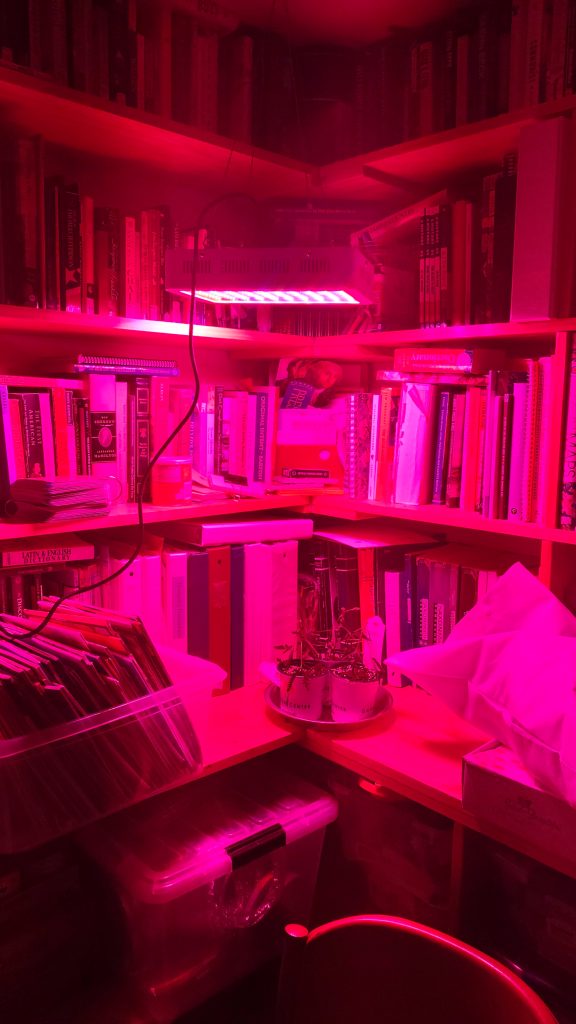
Anna Mock
Little Grand Canyon Field Trip Recap
Thanks to all who came and endured 4 hours in the Mock van for 2 hours of sand and desert (and plants and dog tracks and astounding views and rocks and funny tourists – and a pit toilet.)
Below are a bunch of photos. We weren’t able to identify most of the little plants we found. Unfortunately, it was a little too early in the spring to really see some significant growth to where we could tell what we were looking at. However, we caught the big three: Juniper, Pinyon Pine, and Mormon Tea. Still, for all the plants we were eventually able to identify, I’ve added labels on the photos.
For those who didn’t come, we are sorry we missed you! It was a really fun (and really long – thank you Expanding Horizon’s class movie night and interim park hang out!) day.
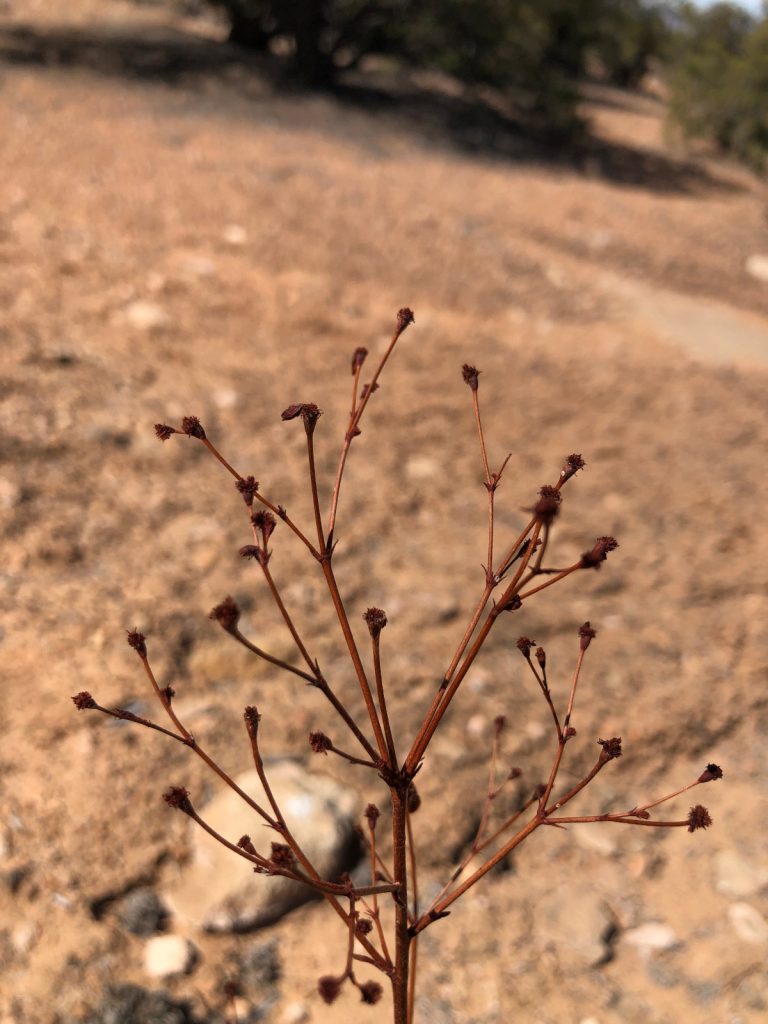
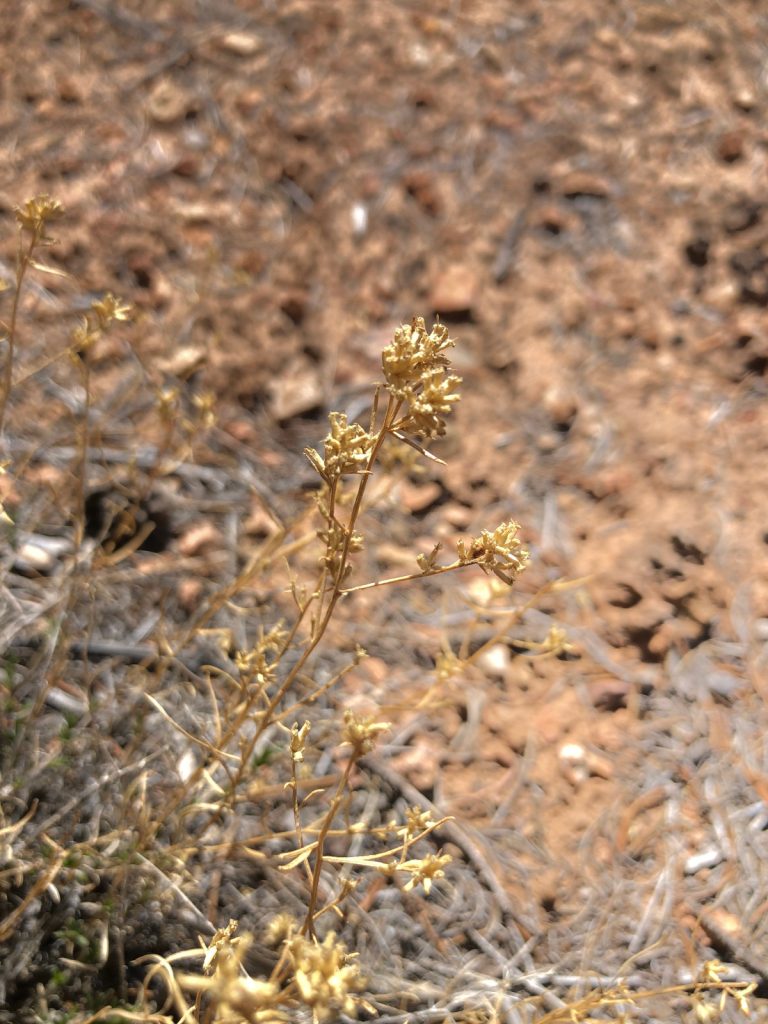
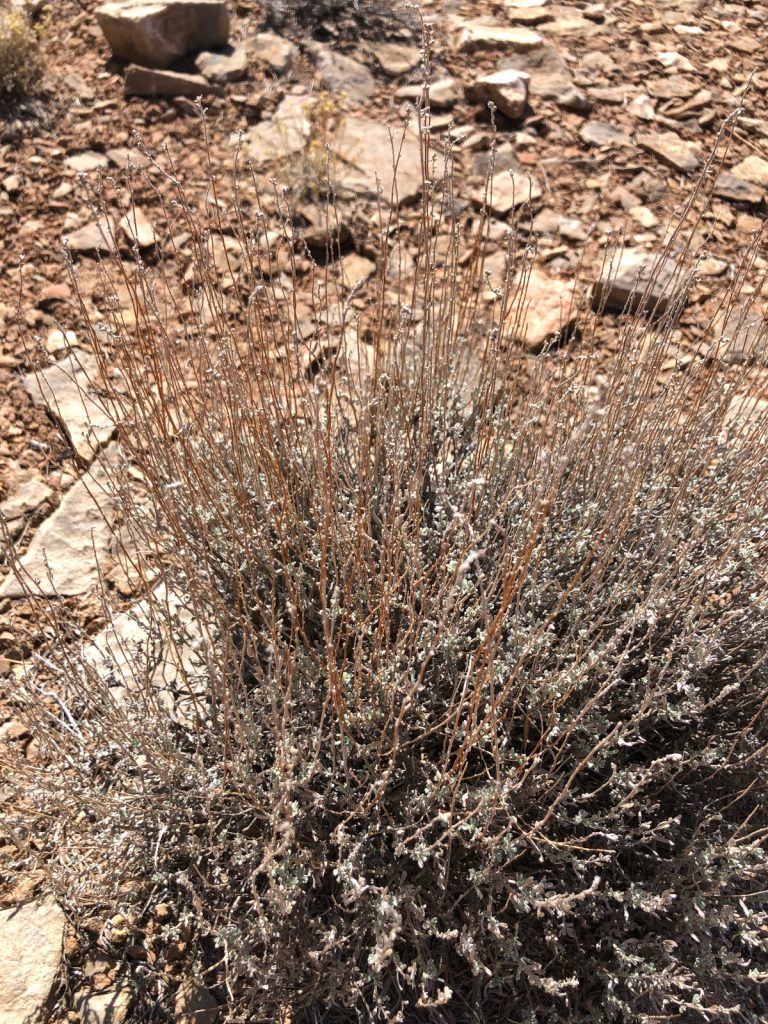
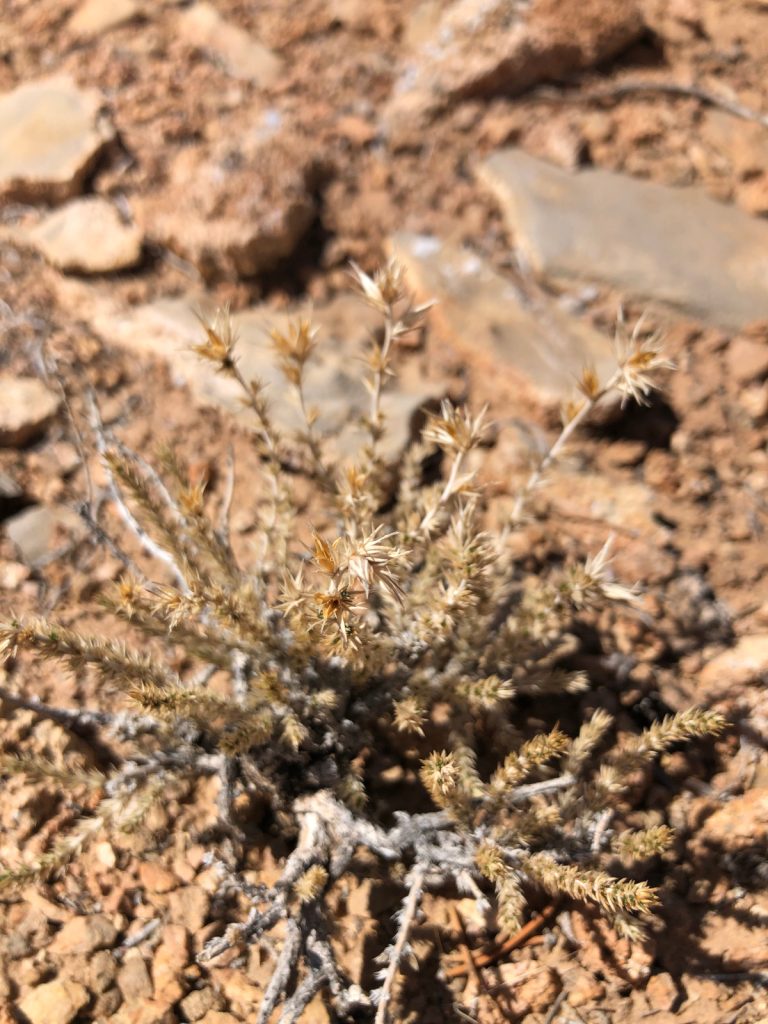
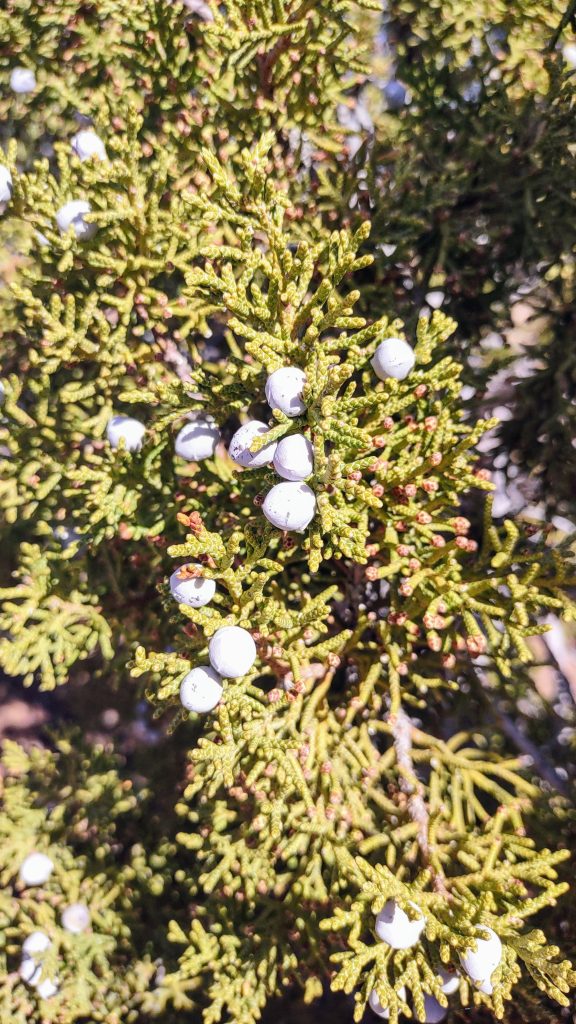
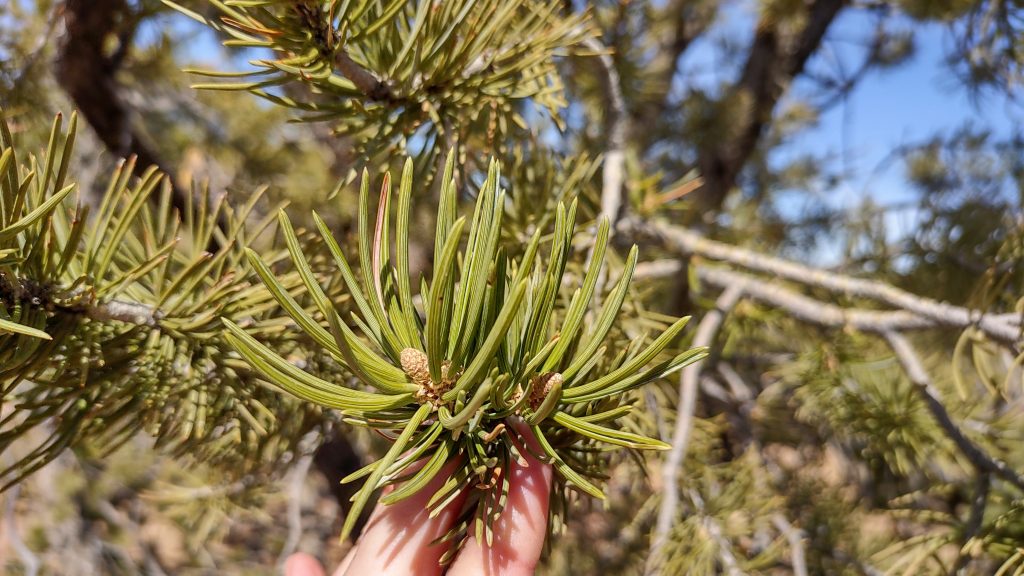
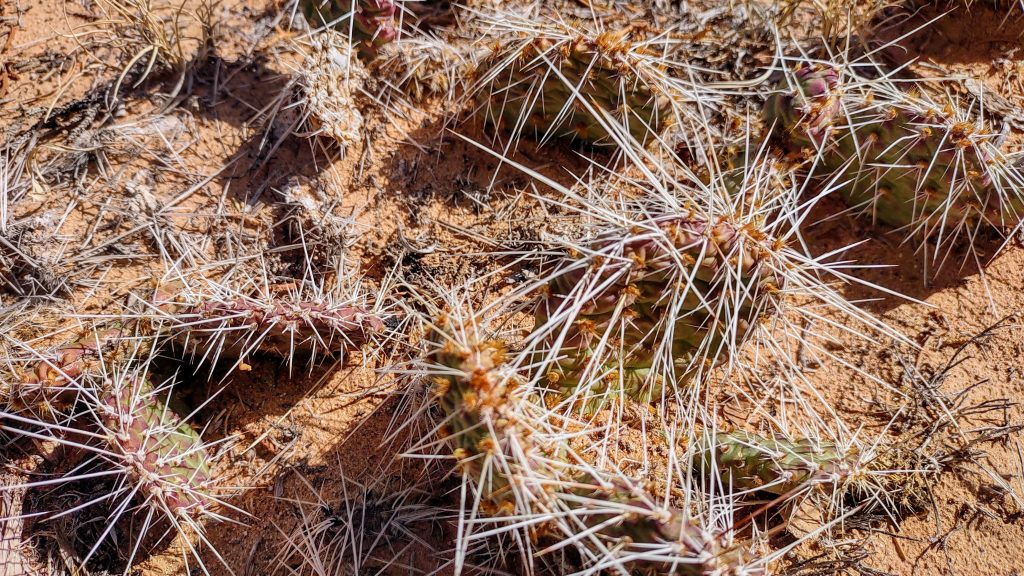
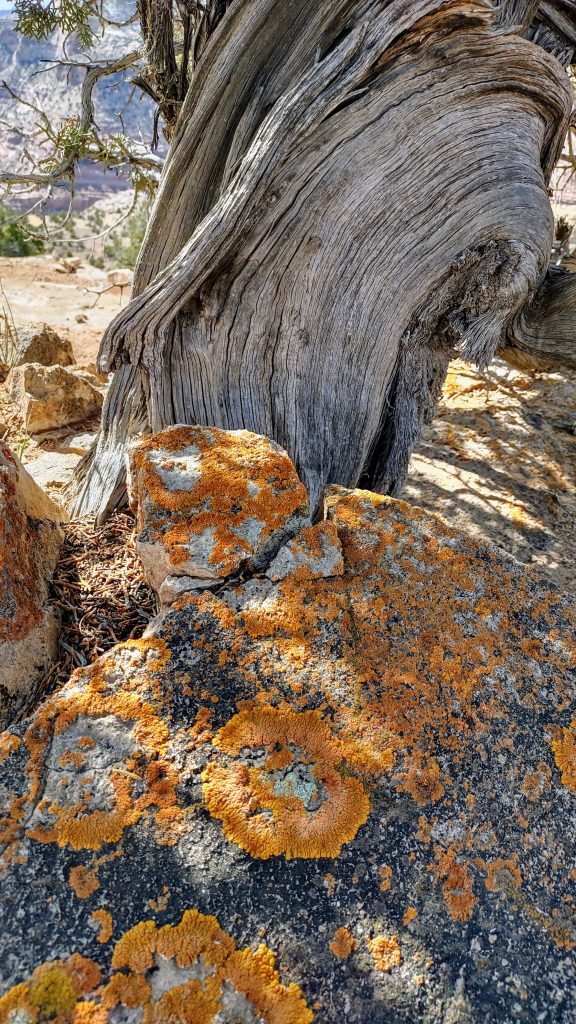
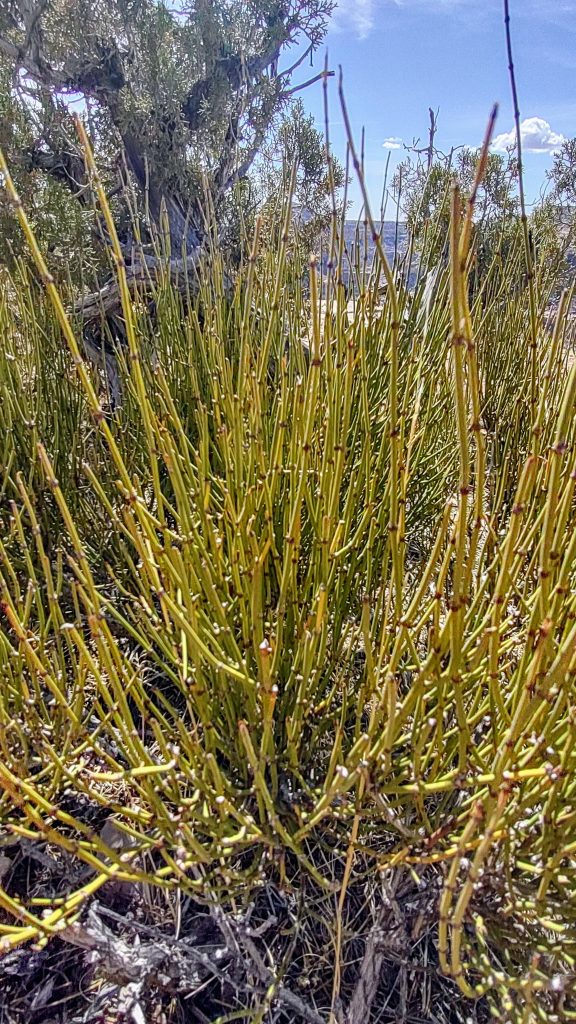
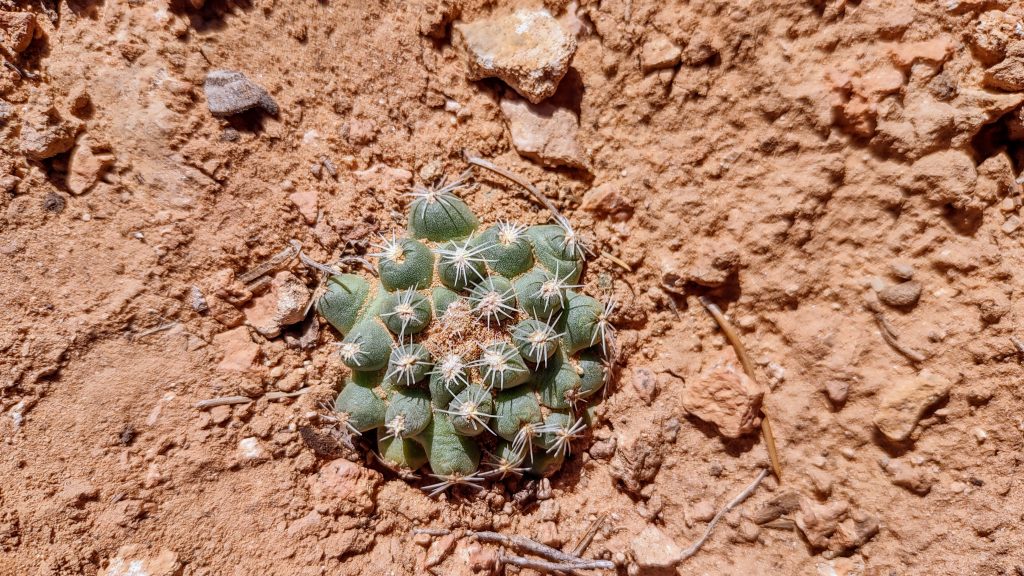
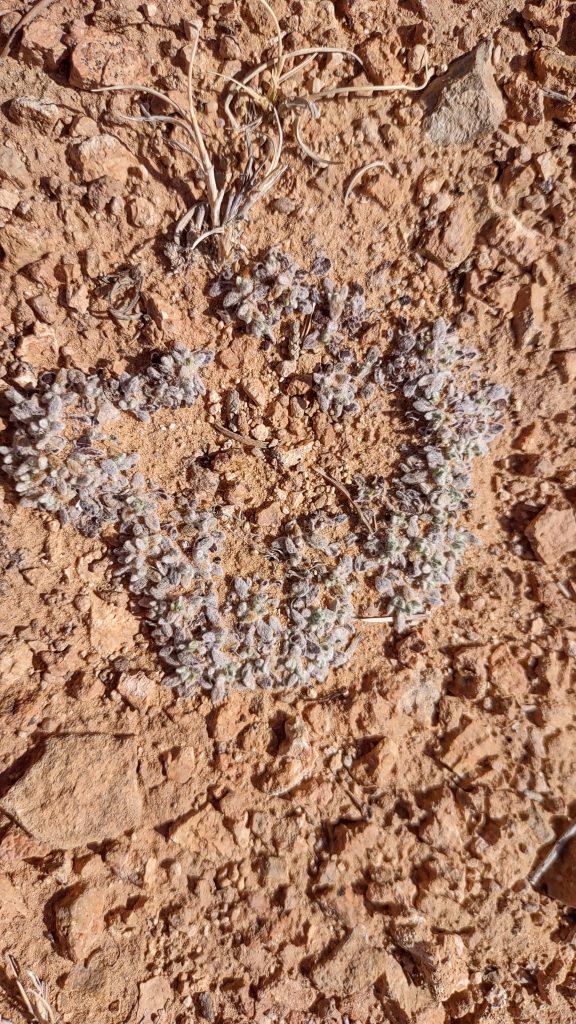
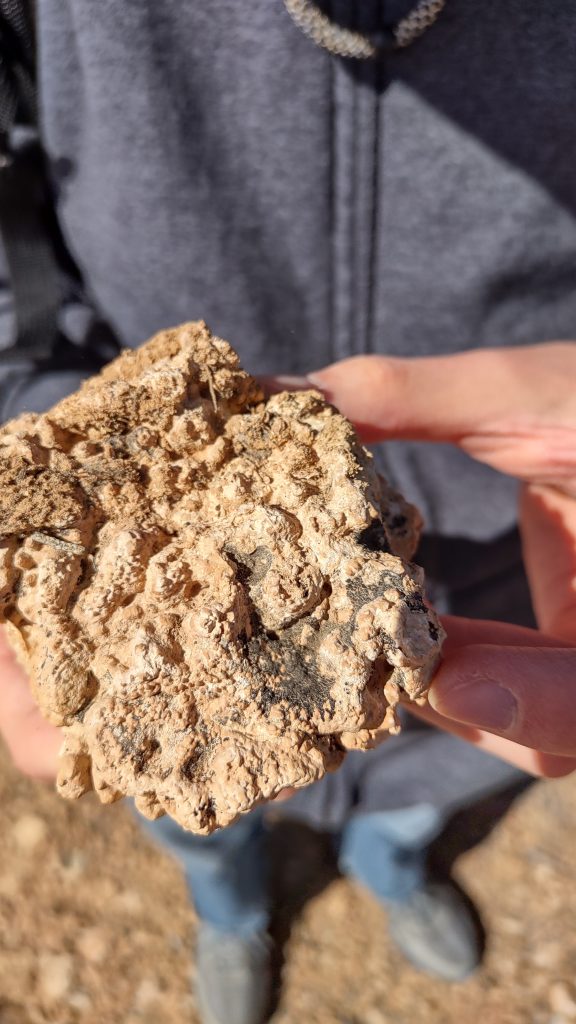
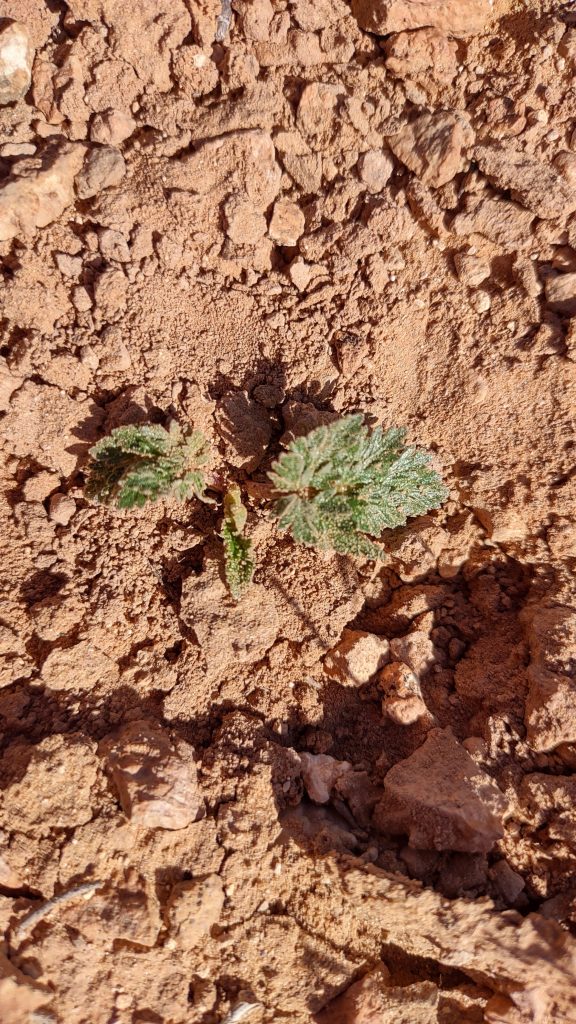
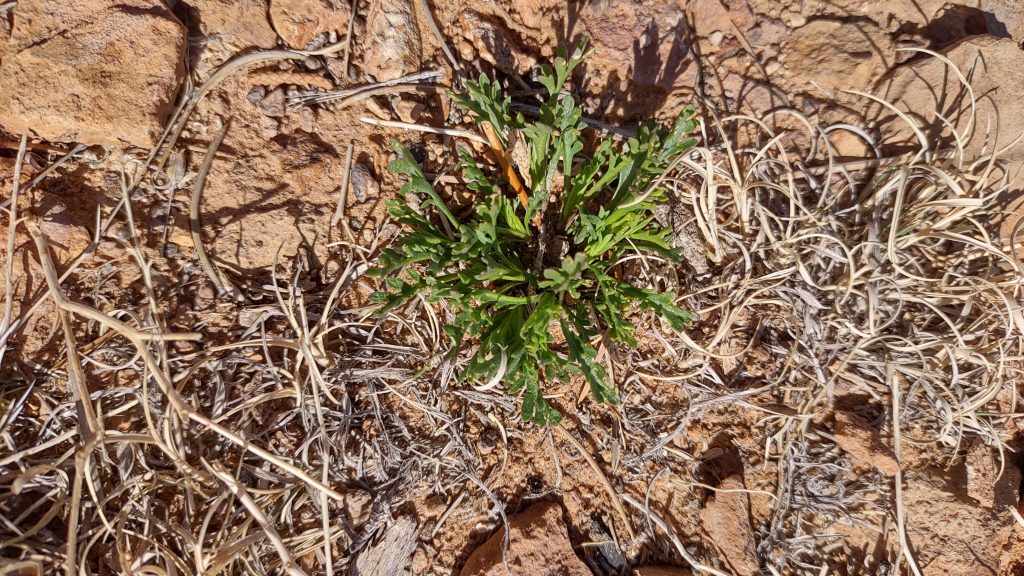
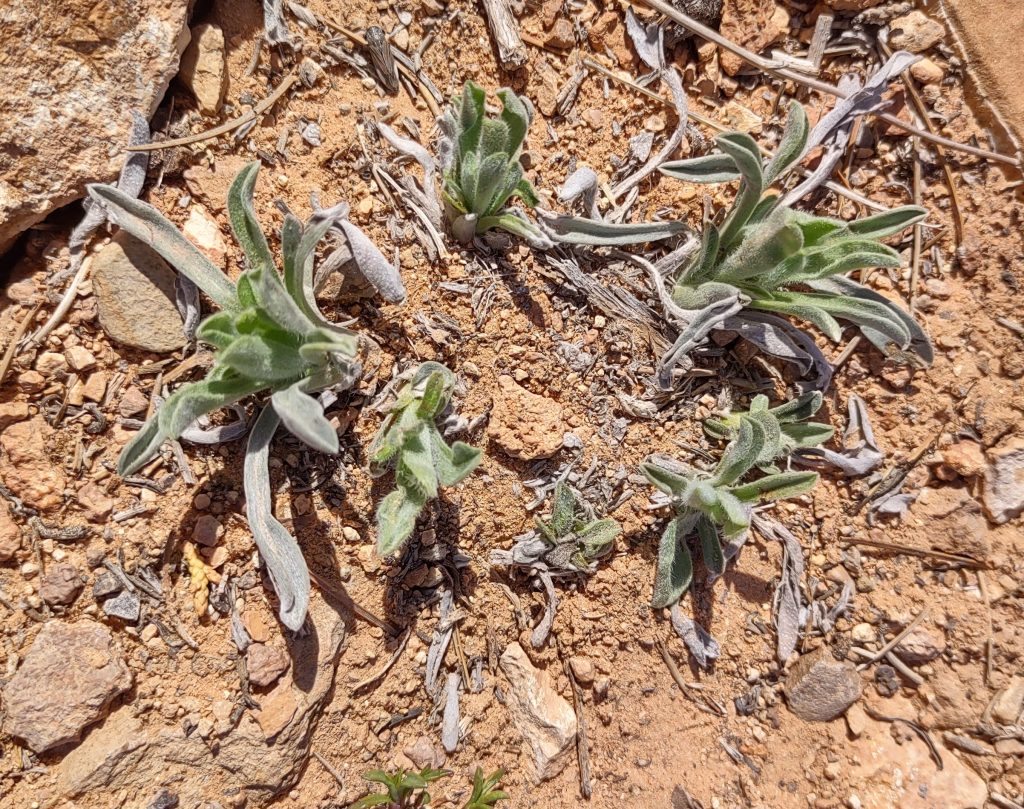
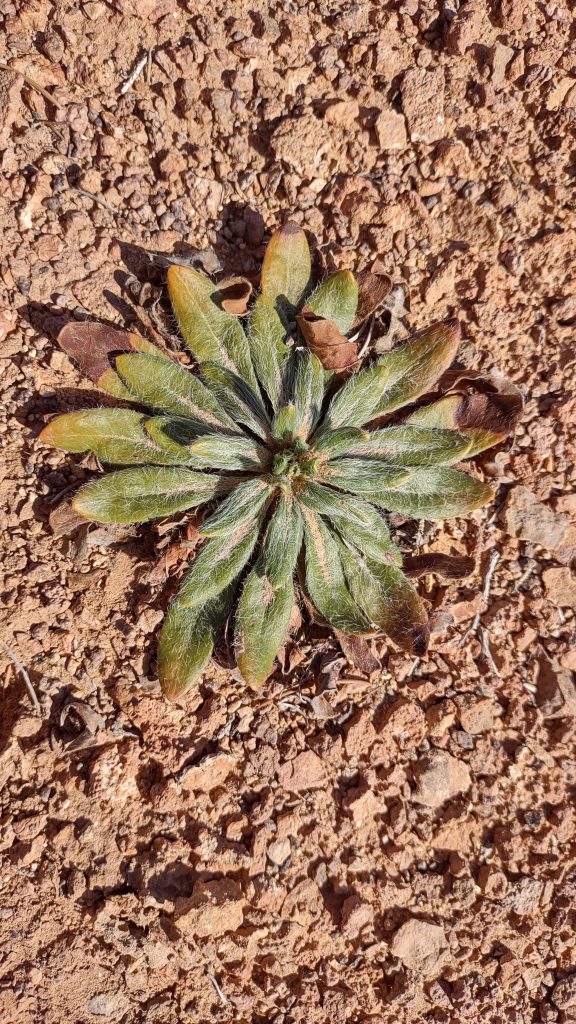
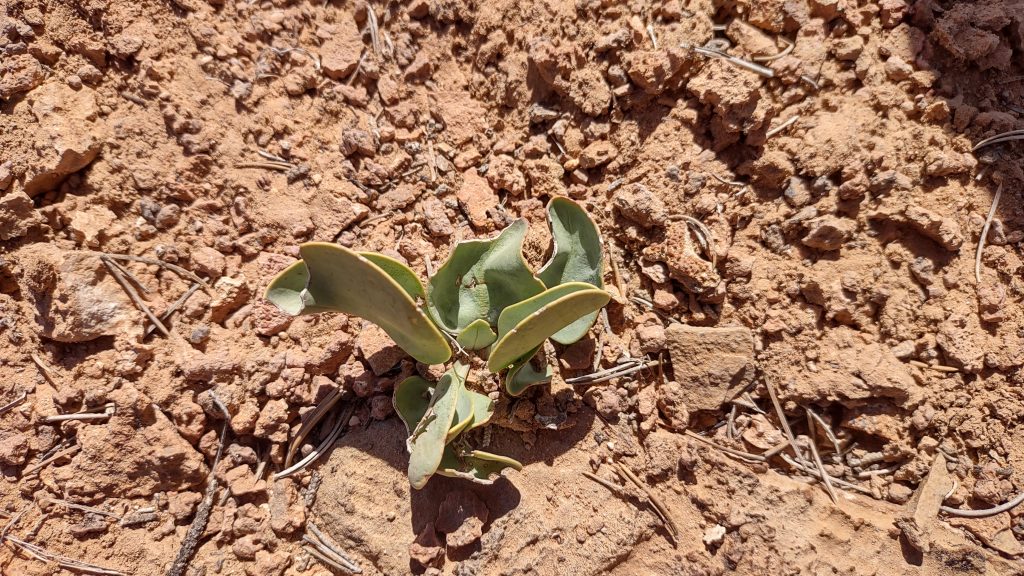
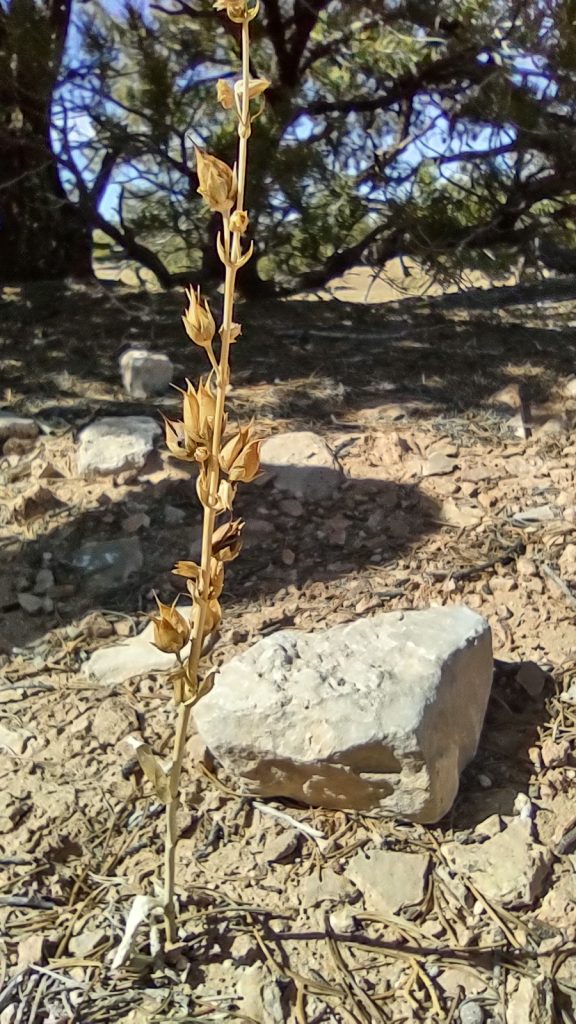
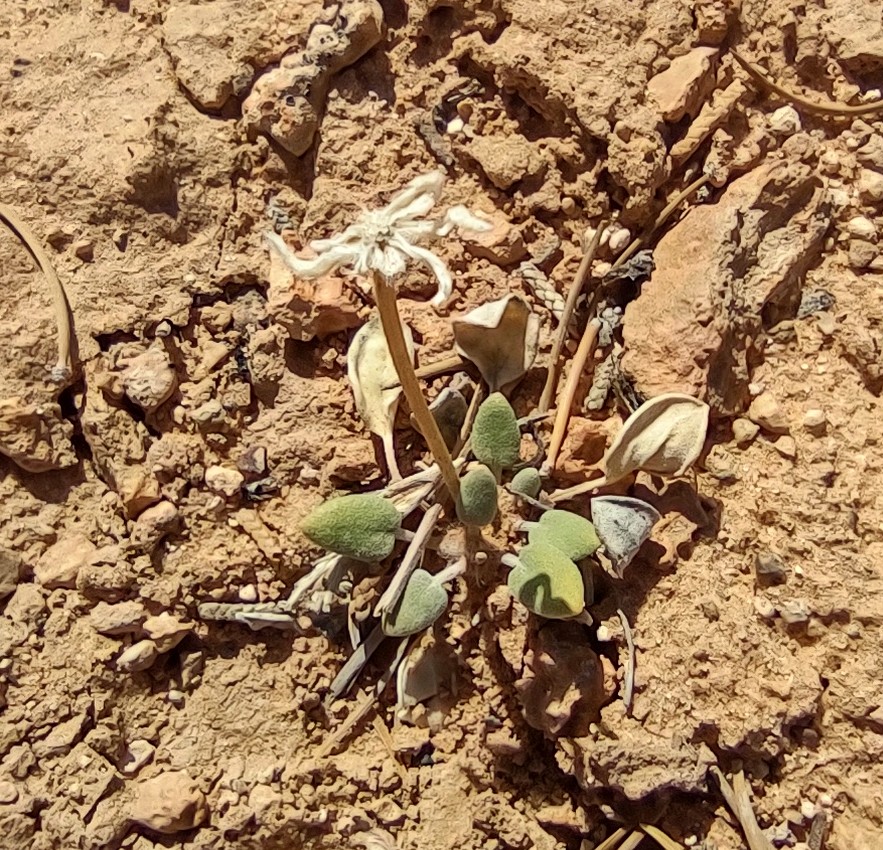
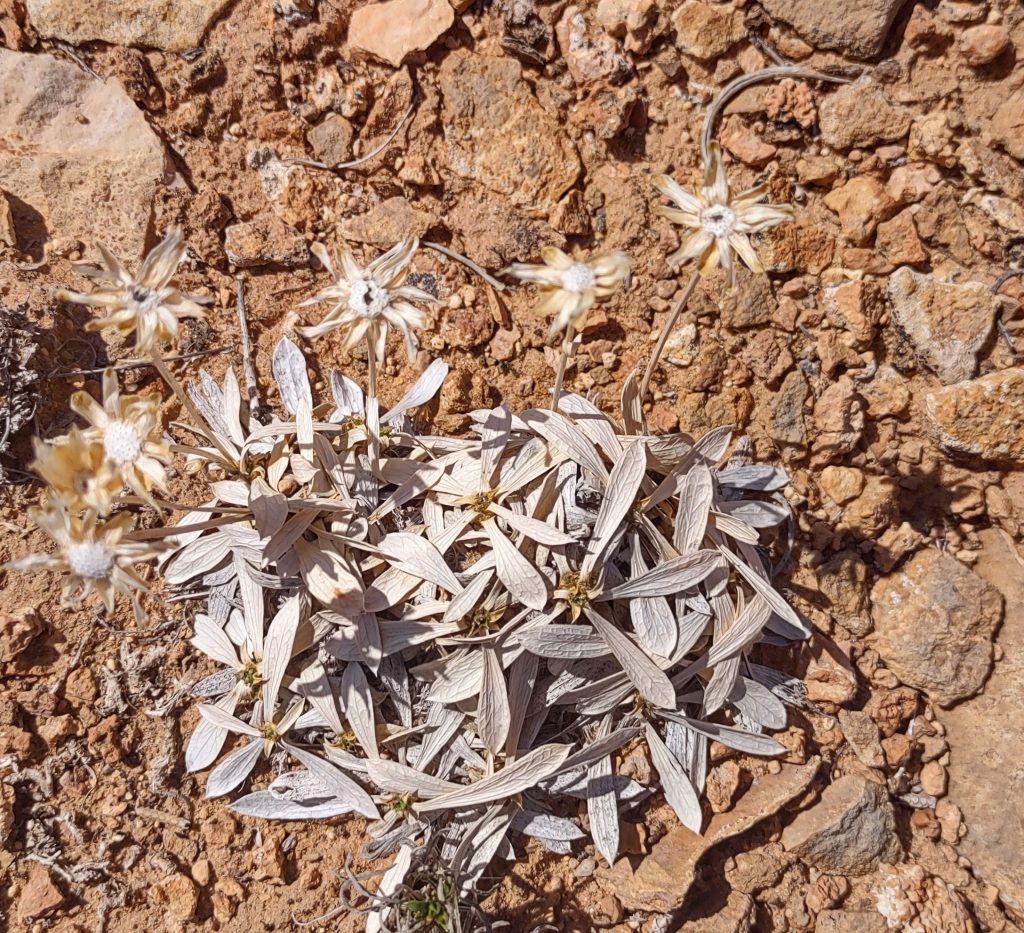
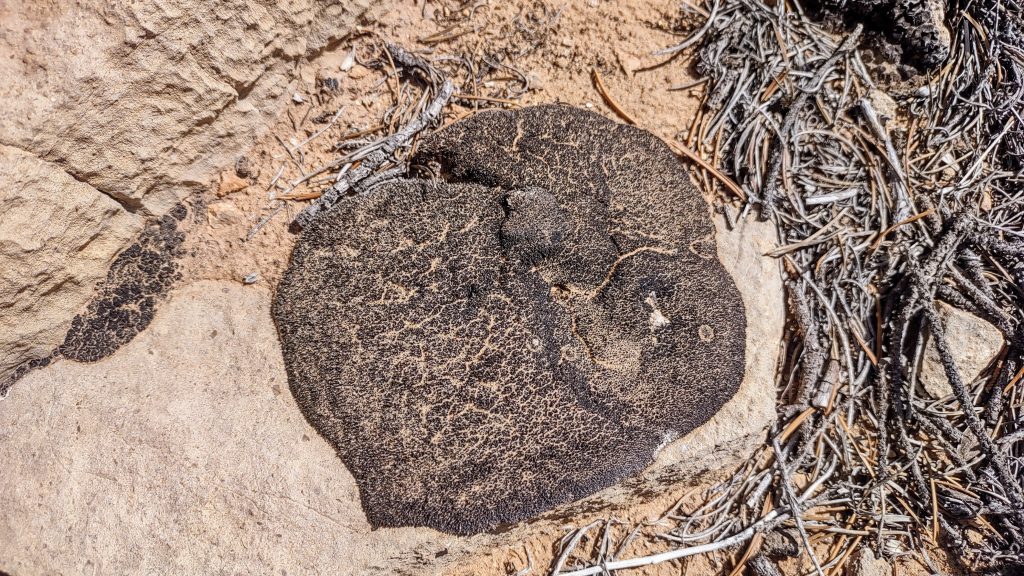
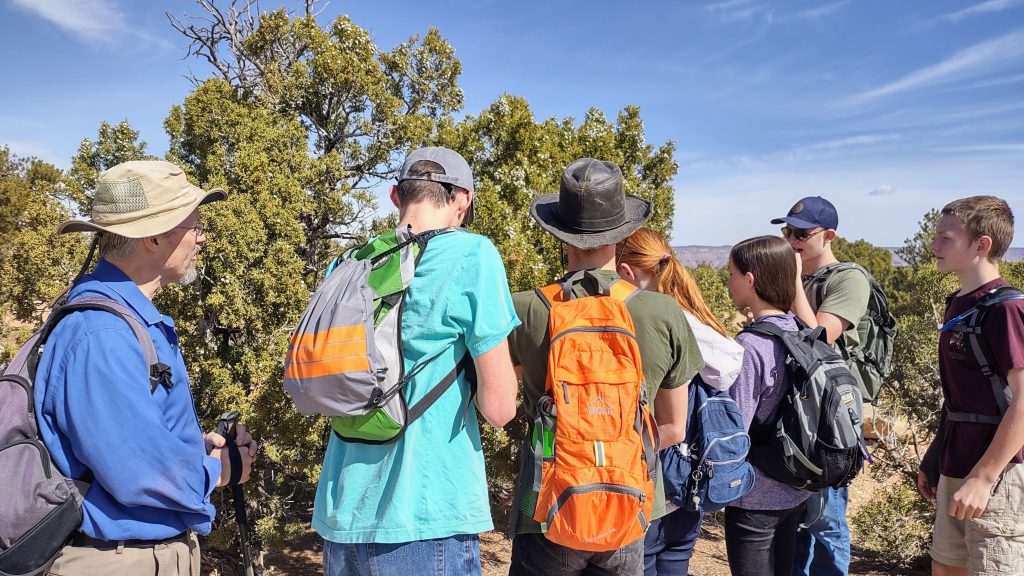
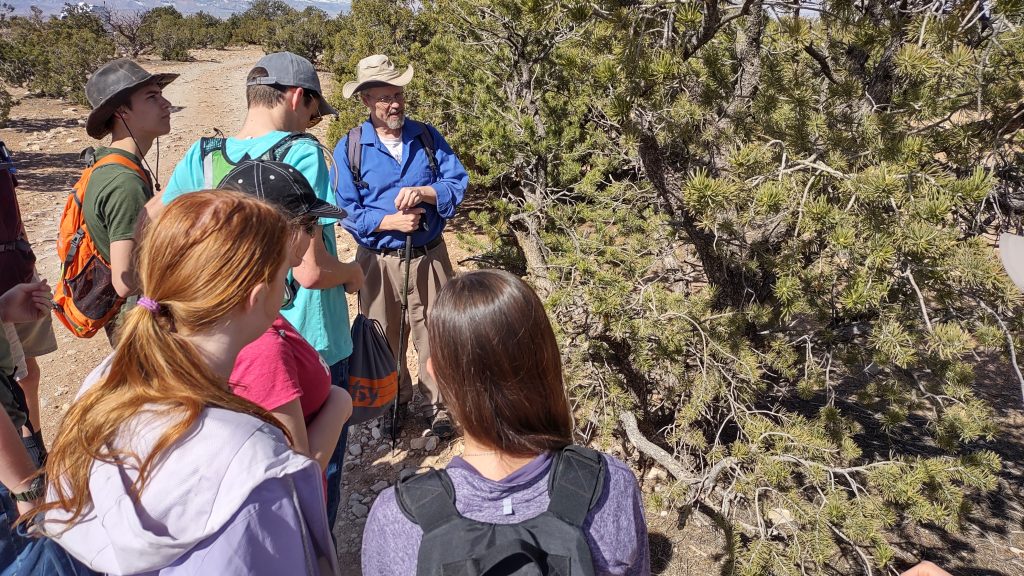
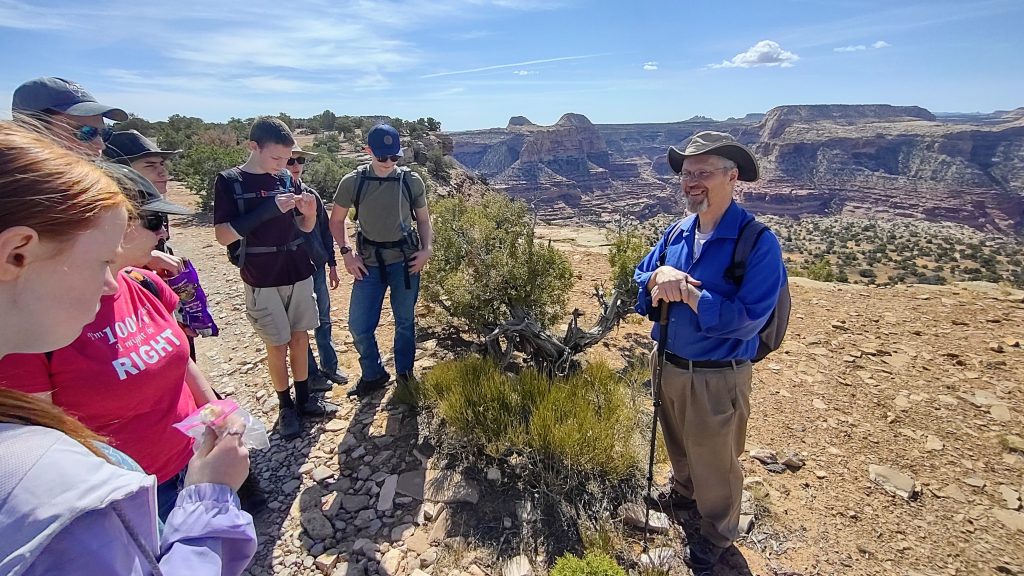
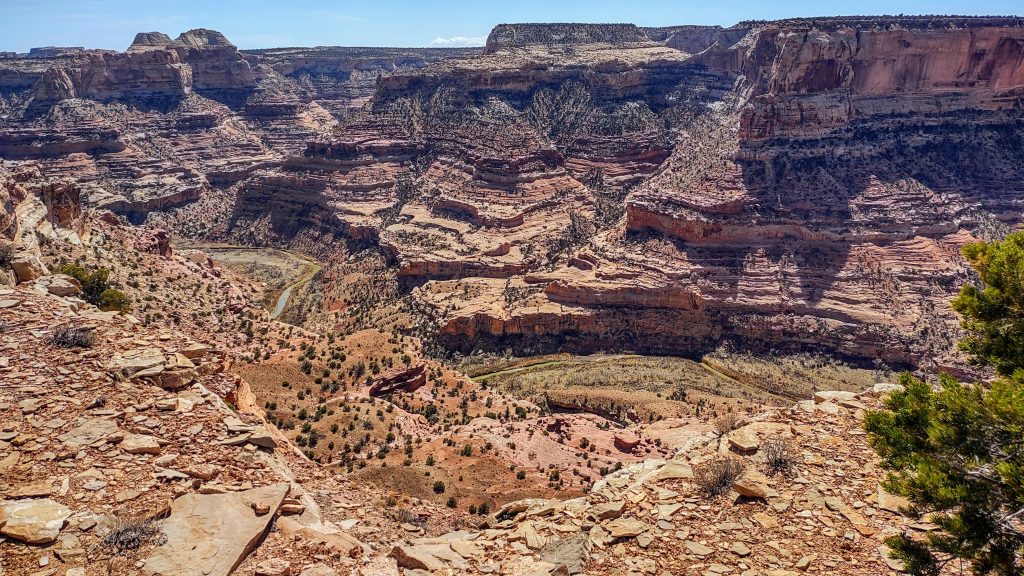
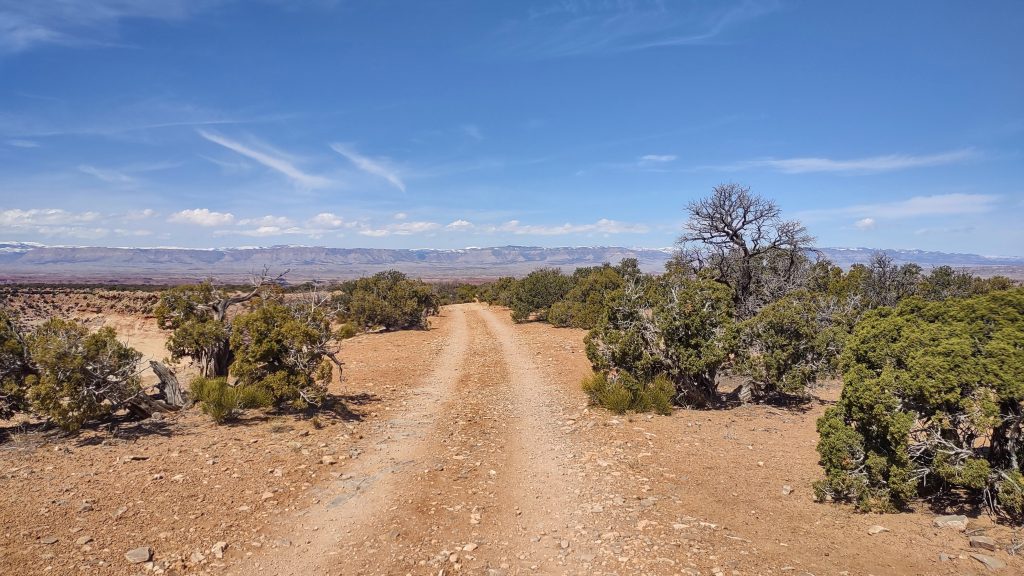
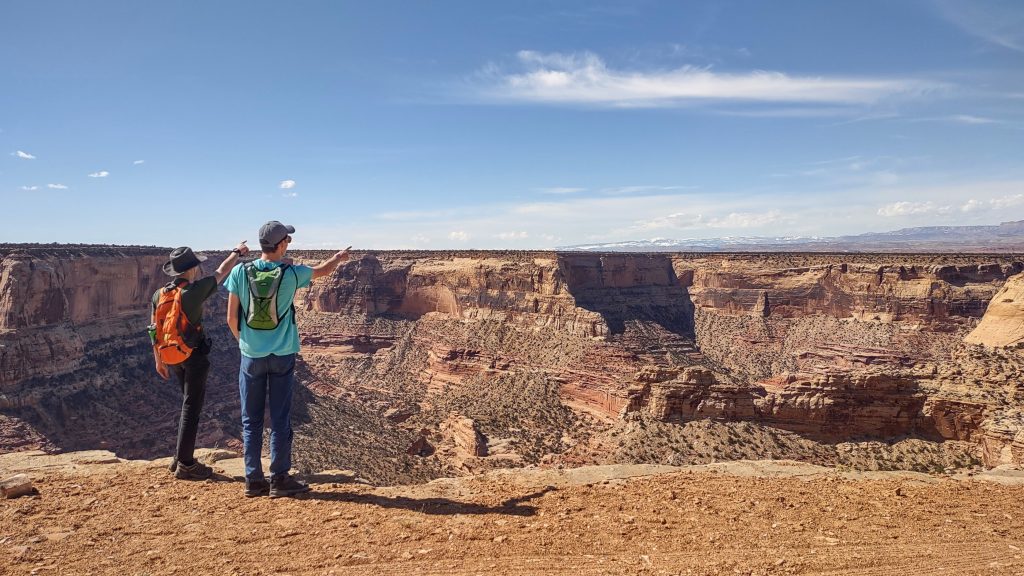
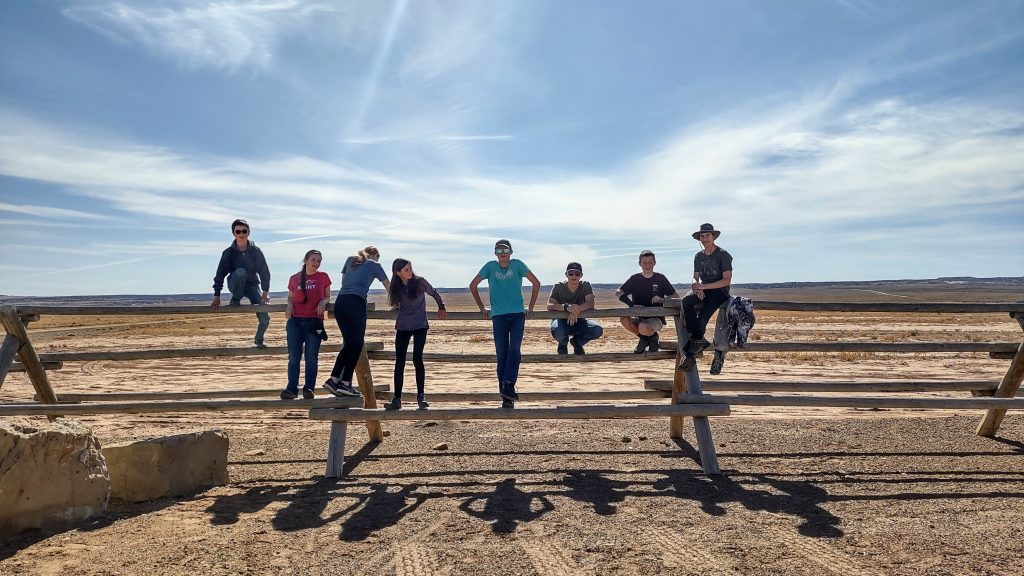
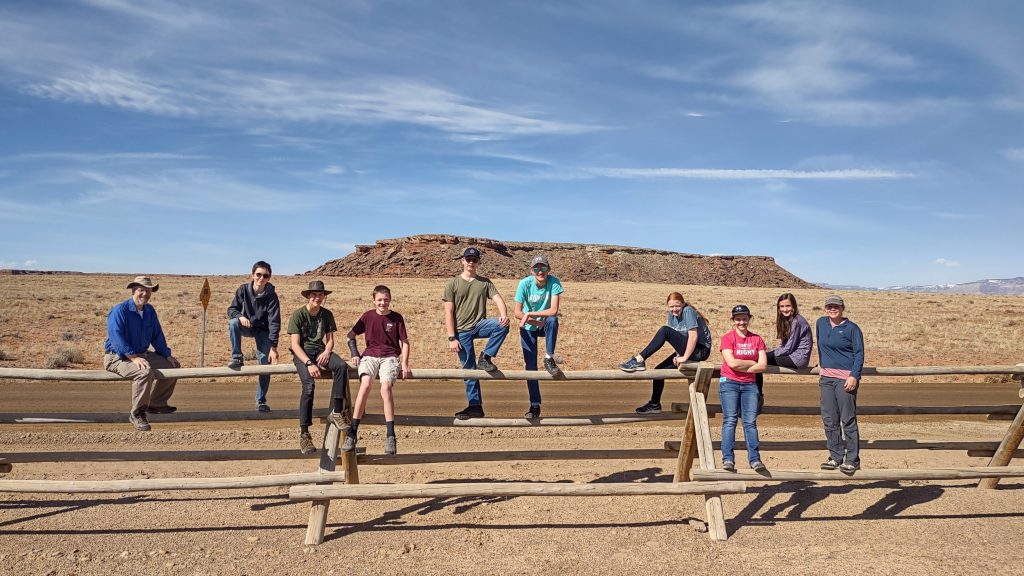
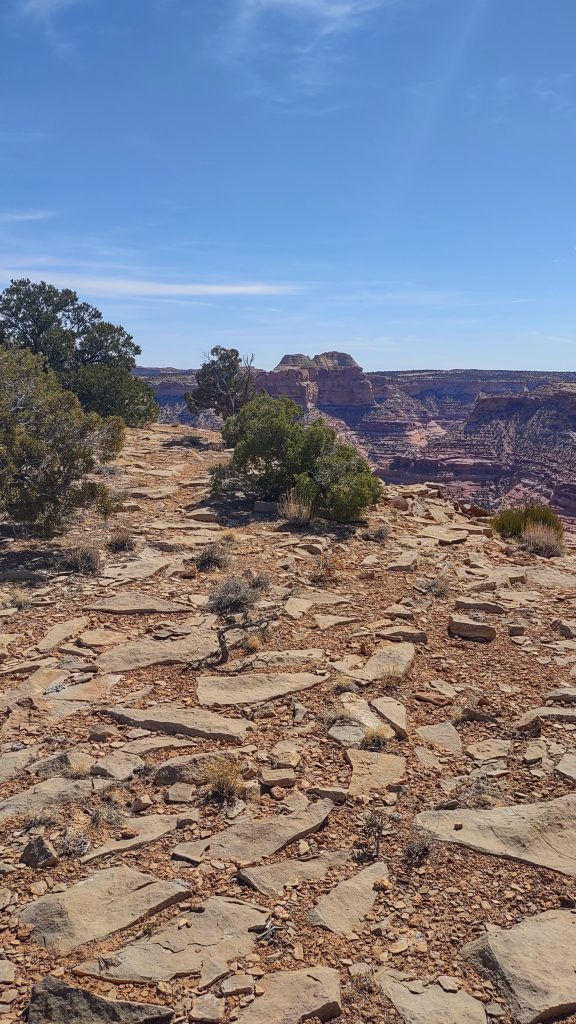
Anna Mock
Homework for 3/28 – Cloves and Plants that can Smell
Calendar Items:
UPCOMING EVENTS: Just because it’s nice to know, here is the next month or so I’ve got planned. (All plans are subject to change, of course.)
March 28th – in class field trip Lower Hobble Creek Wilderness Preservation area – wear rain clothes!!!
April 4th – SPRING BREAK
April 11th – LAST REACTION PAPERS DUE – BRING YOUR COMPLETED NATURE JOURNAL – also, an in class field trip.
April 18th – Guest Speaker on the ecology of the Great Salt Lake
April 20th – Saturday – OPTIONAL all day field trip to Antelope Island
April 25th – FINAL TEST – in class field trip where you get to show what you know
Homework items:
READ 10 Essential Herbs chapter 4 on cloves – pages 85-105.
READ What a Plant Knows, chapter 2 “What a Plant Smells” pages 27-48 AND prologue and chapter 1, pages 3-27 if you didn’t read it last week. Be prepared to narrate at least part of each chapter to me. (Narrate in this instance essentially means tell back to me what you remember from the reading, but in your own words. You’ll have a chance to build on others’ narrations and have others build off your own narration.)
FINISH and turn in any reaction papers have completed.
Only Tangentially Related…
I meant to share these books LAST week. These don’t have anything to do with botany or ecology unless you really stretch your imagination. (I mean, I’m thinking of a scene in book two, but still…)
I’m not a big fan of Orson Scott Card, however, these books were really fun and interesting. I’m adding this here because of how they are related to tracking things. If you’re looking for some crazy (and still clean) sci-fi, take a look at the Pathfinder trilogy.
